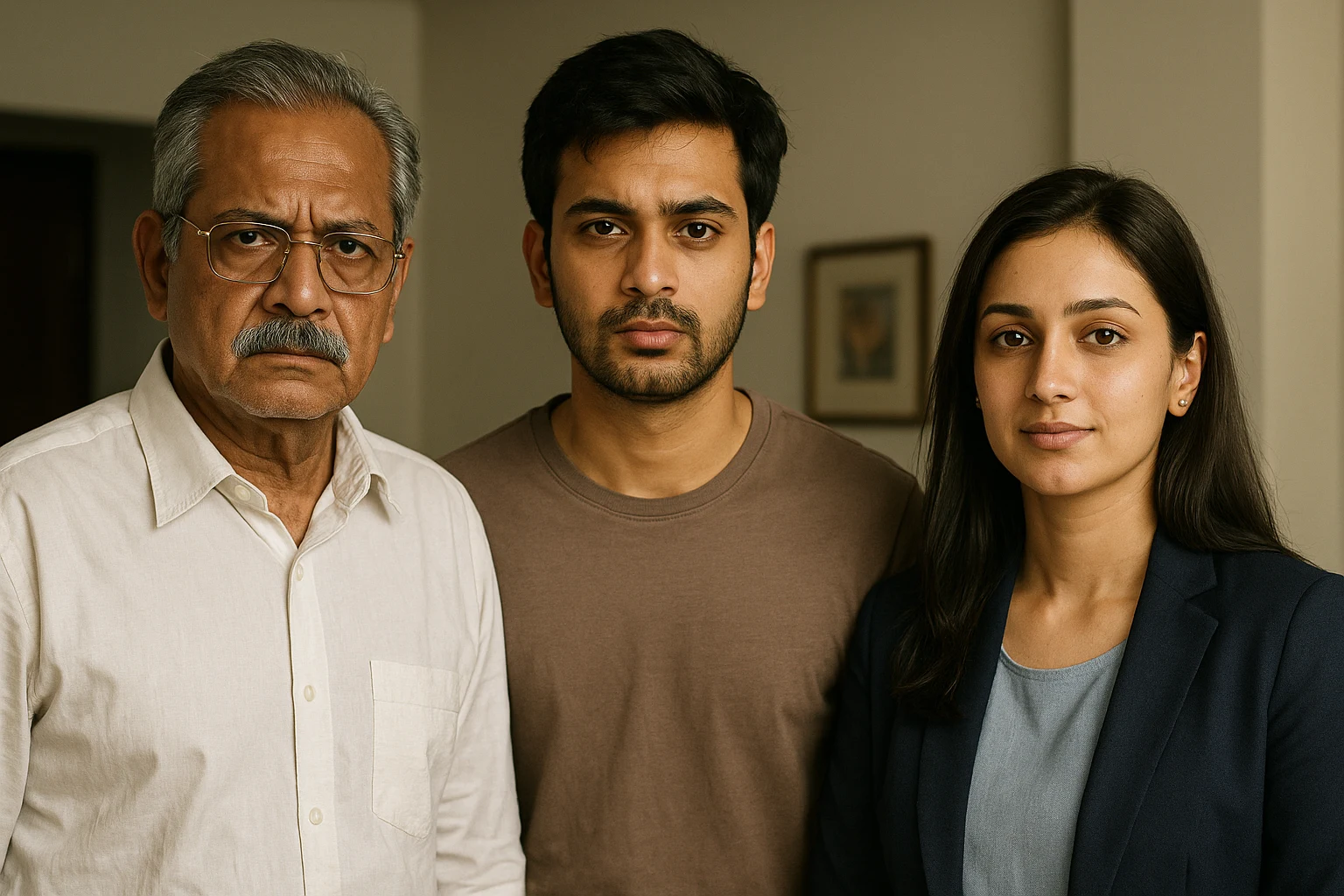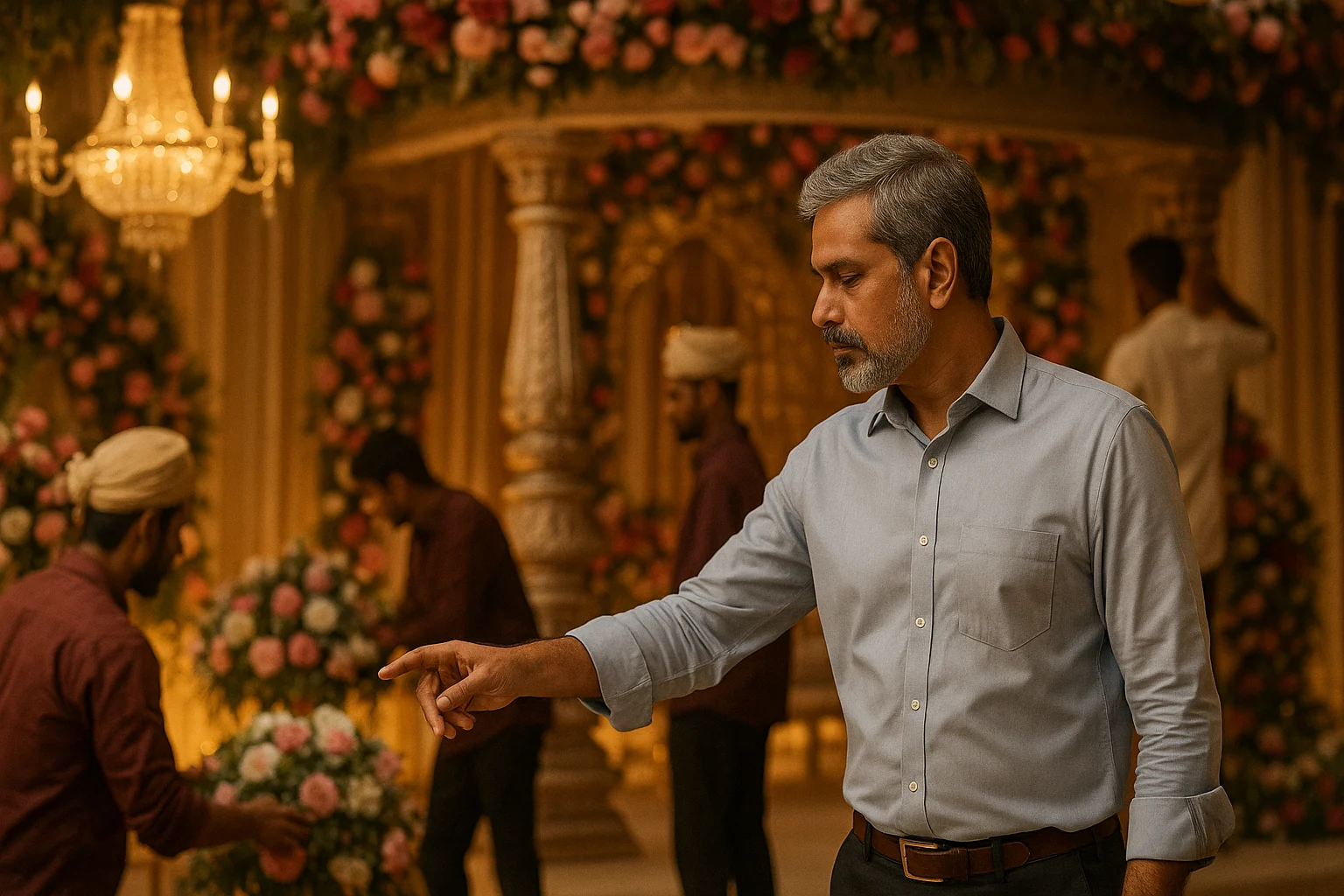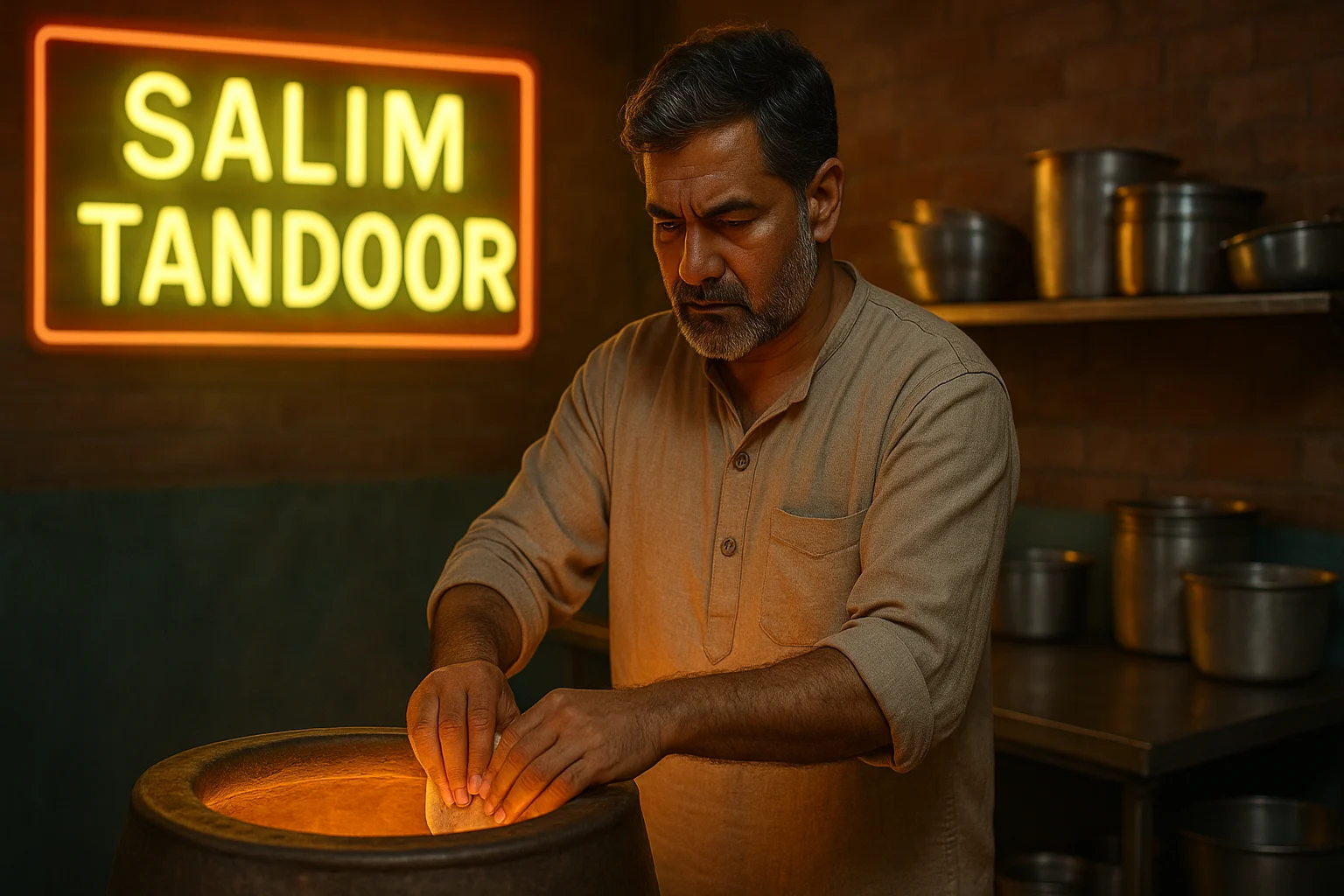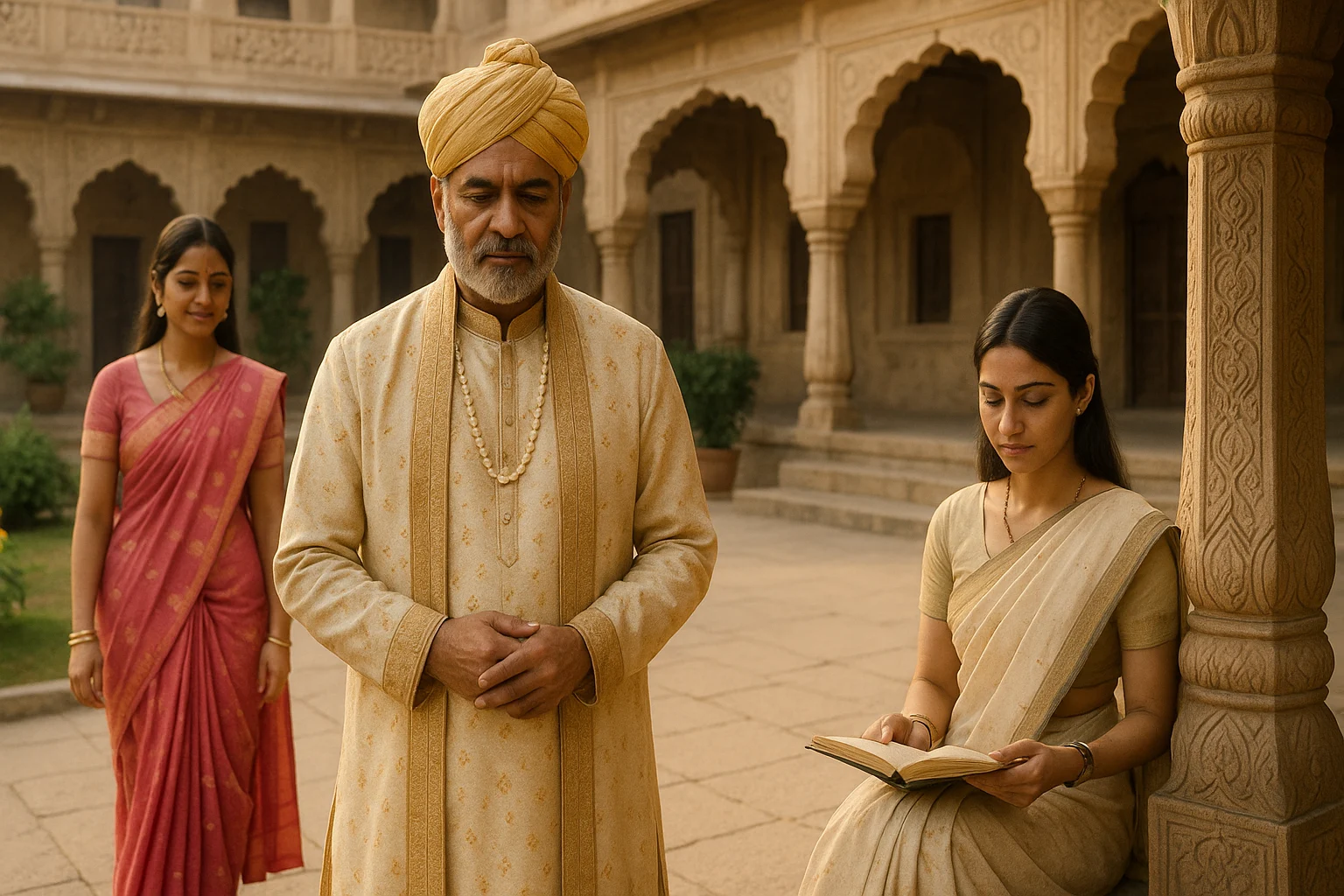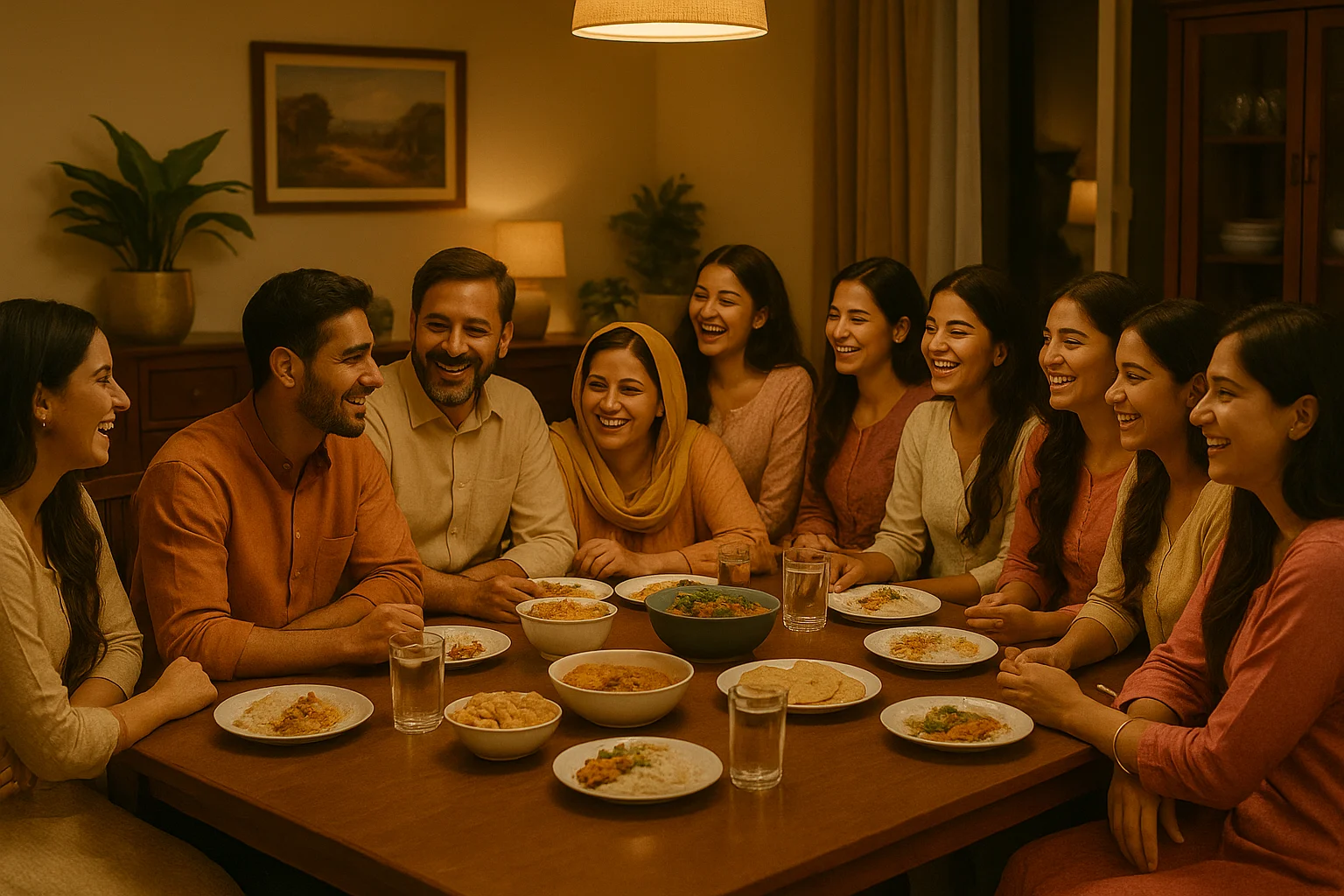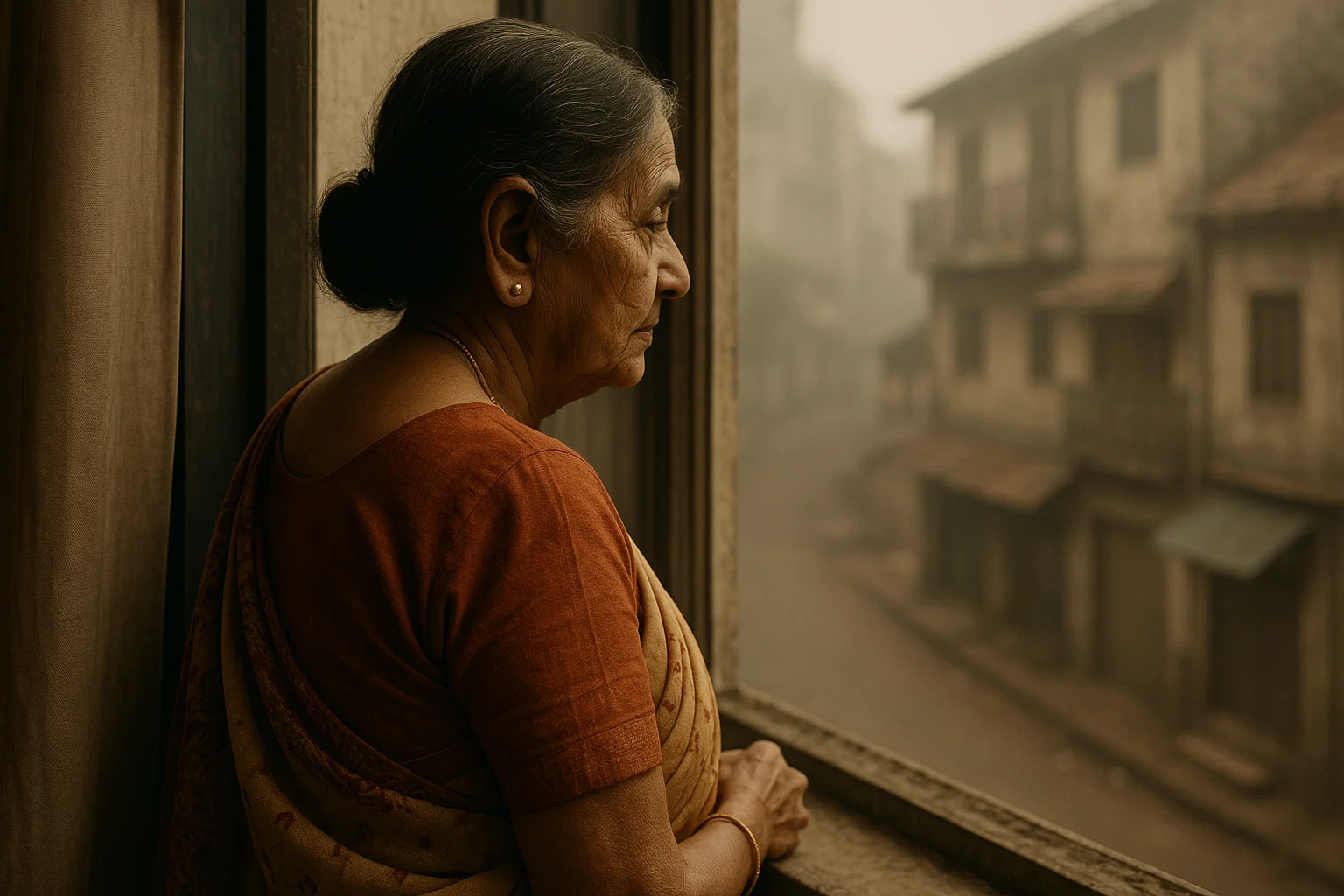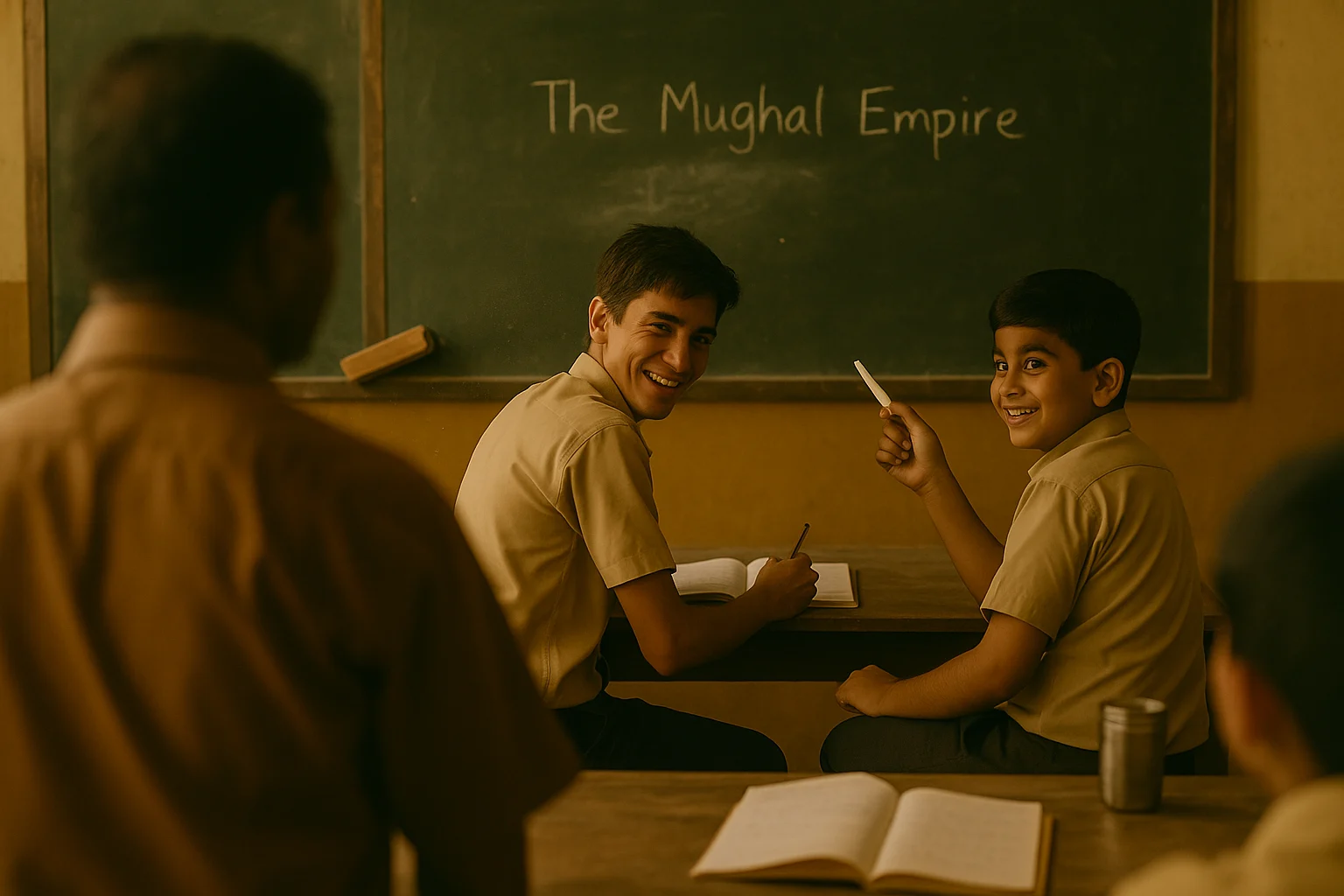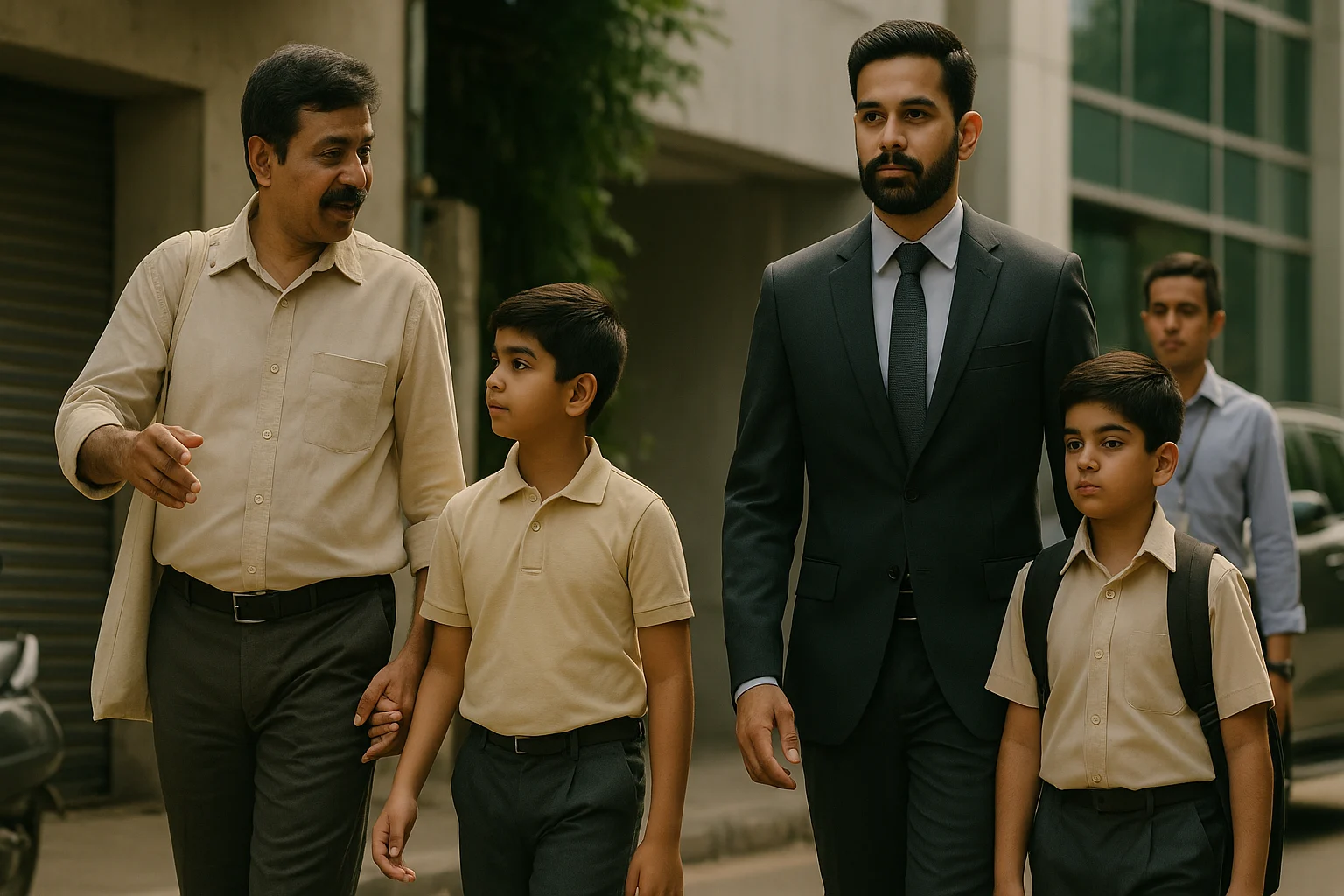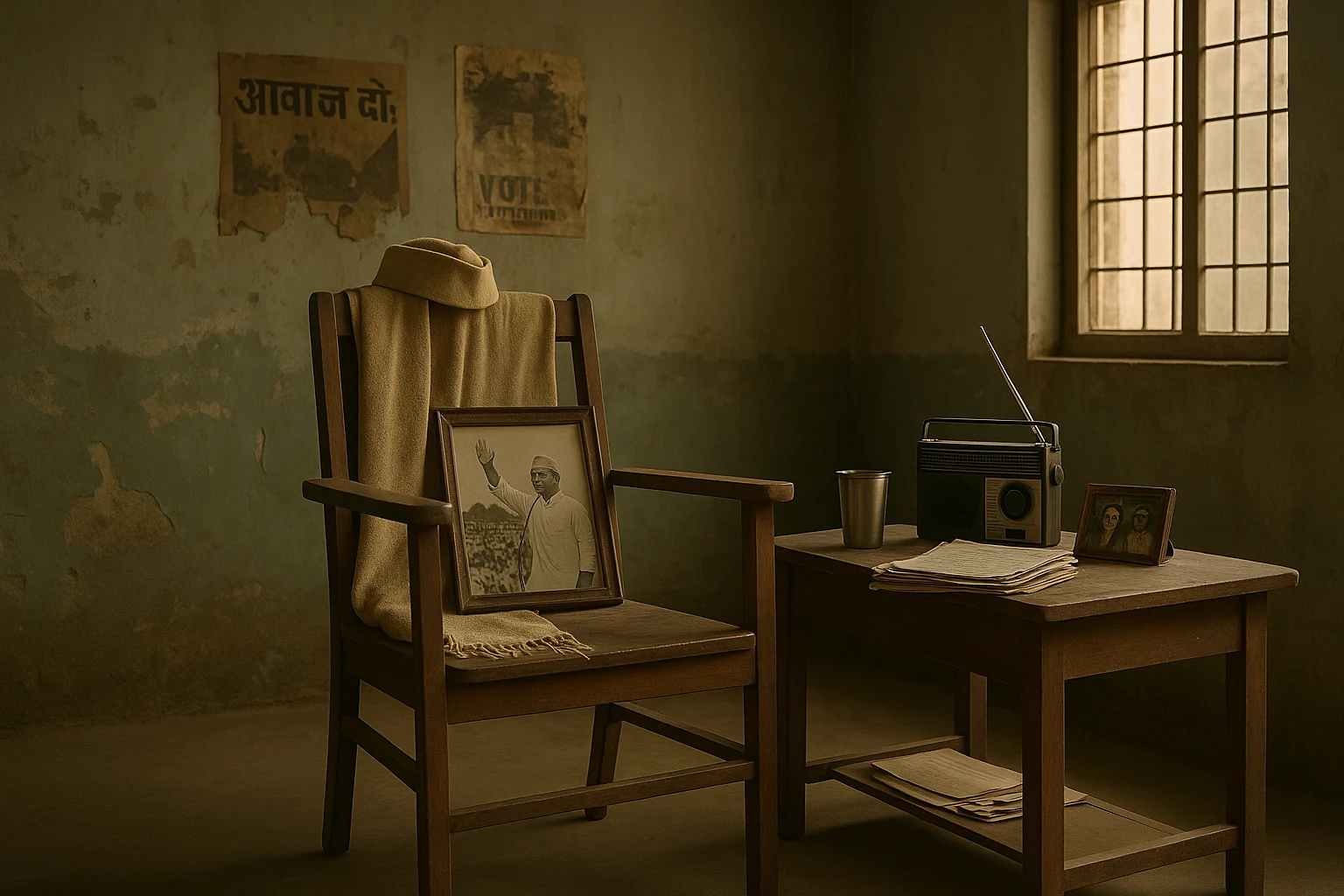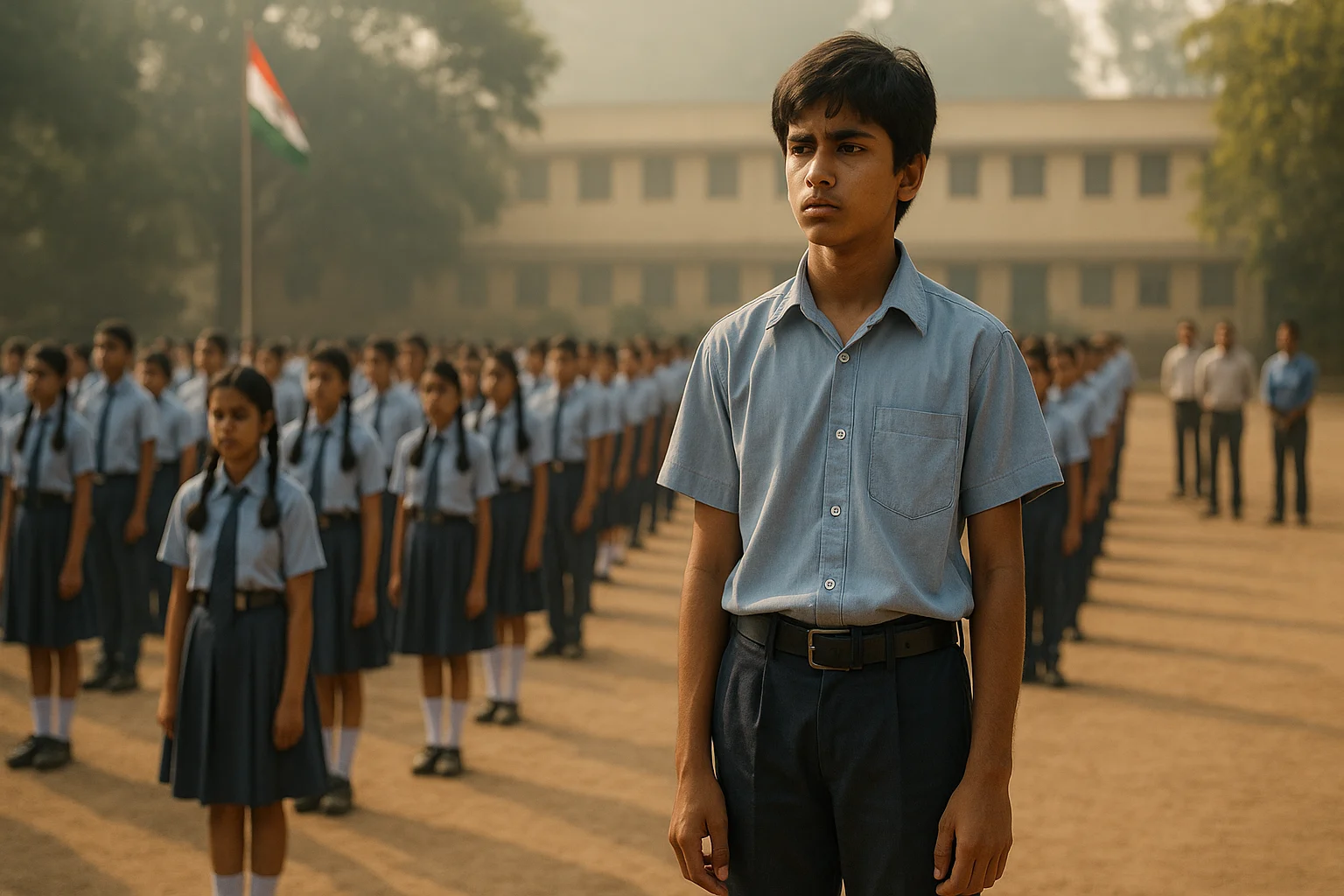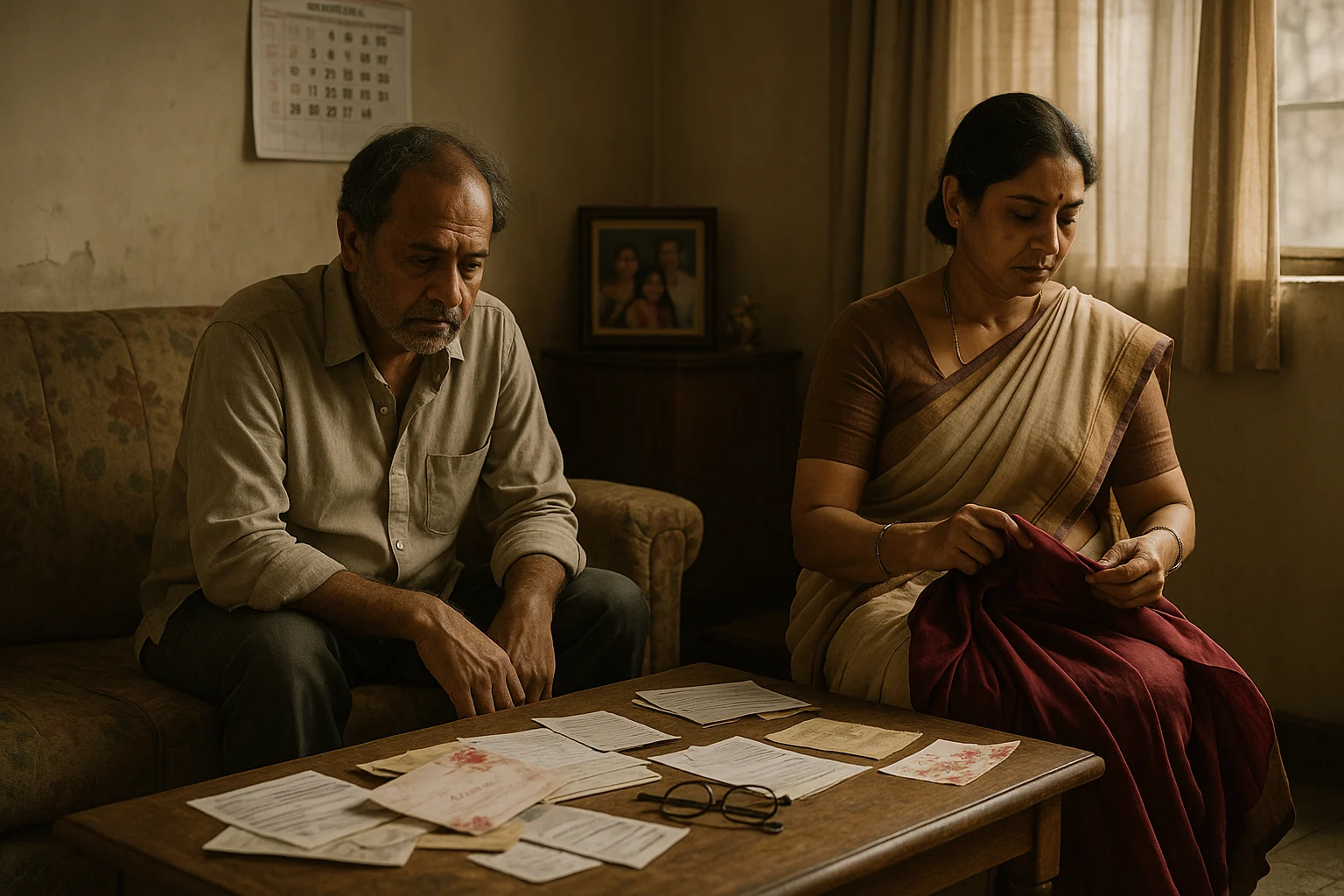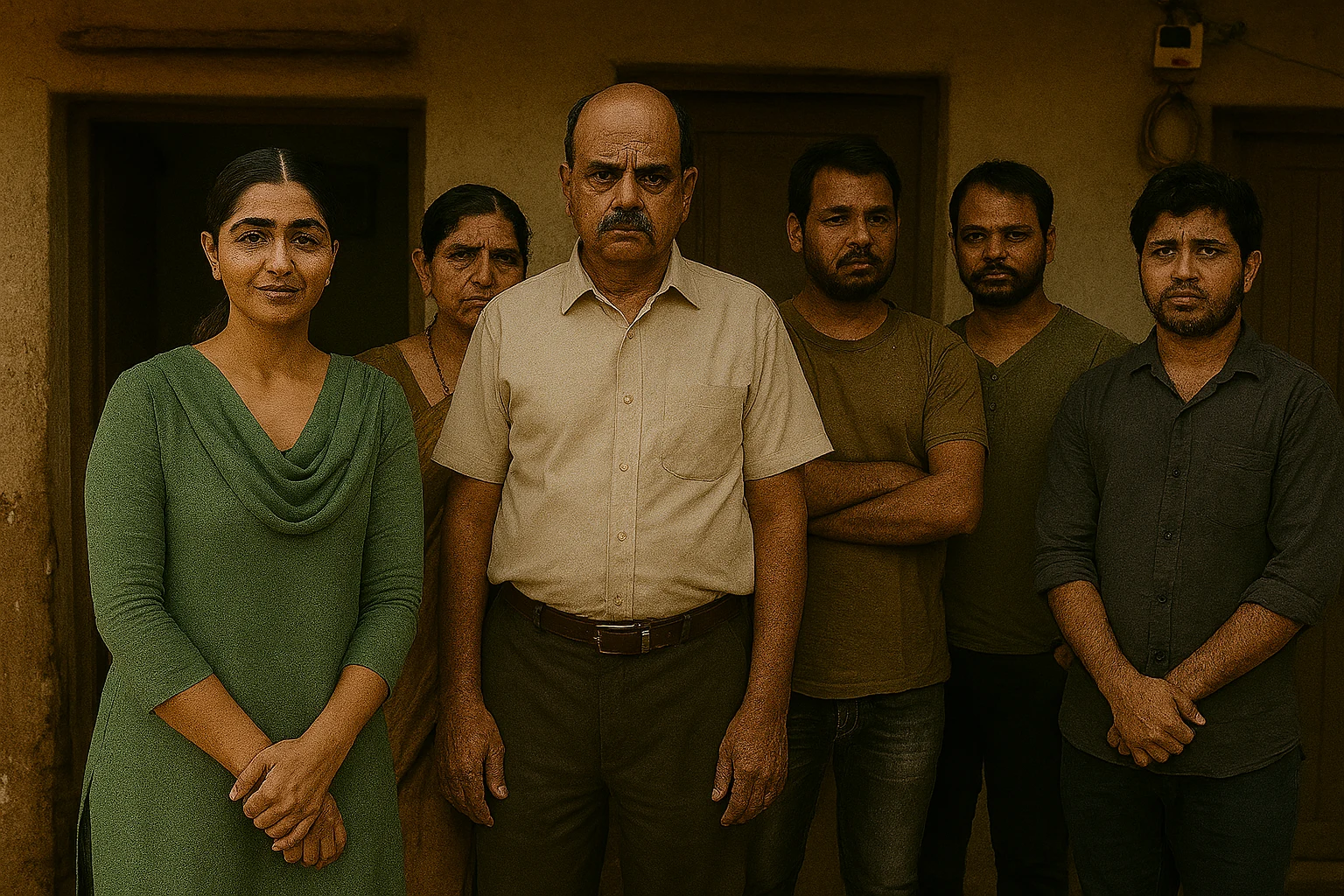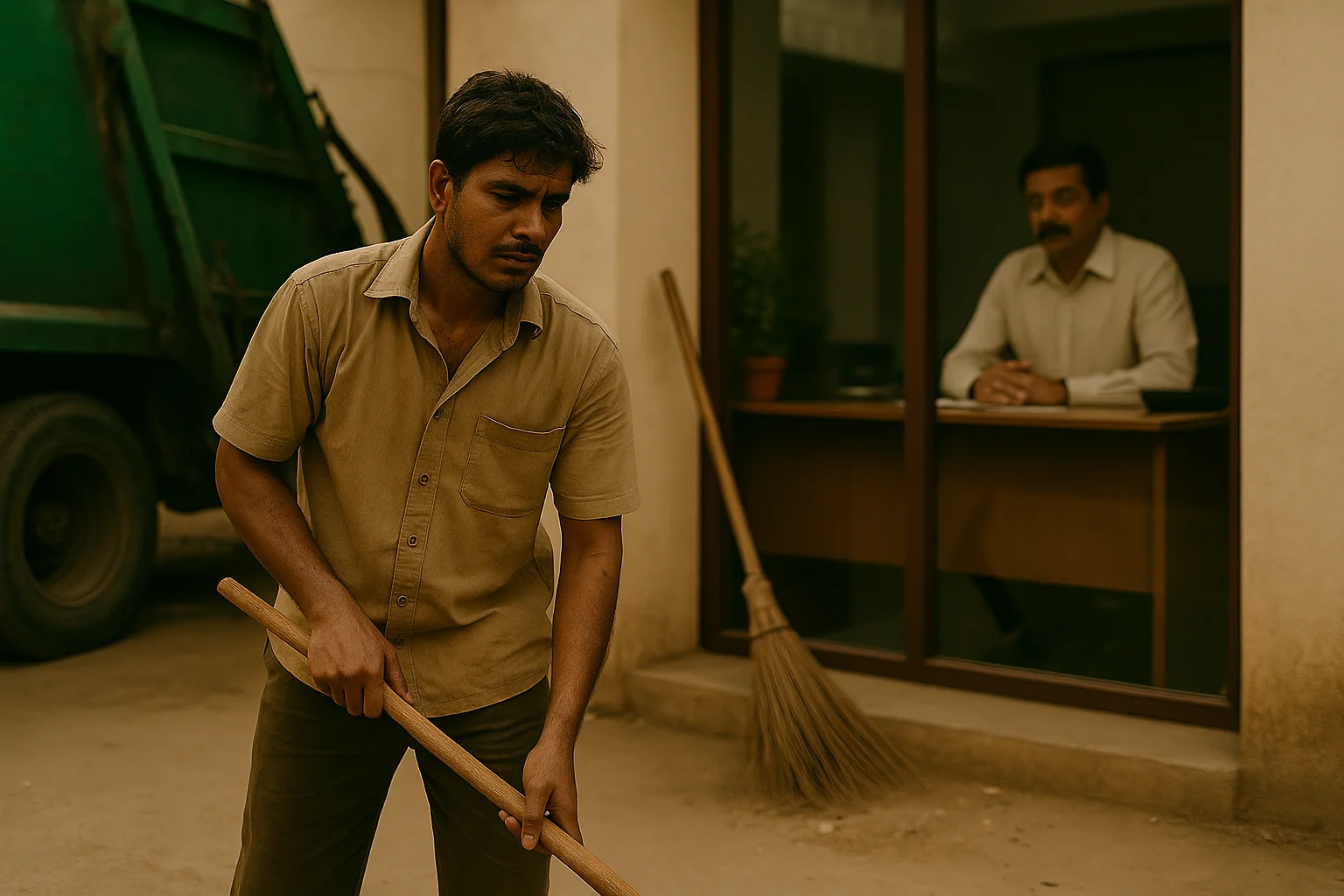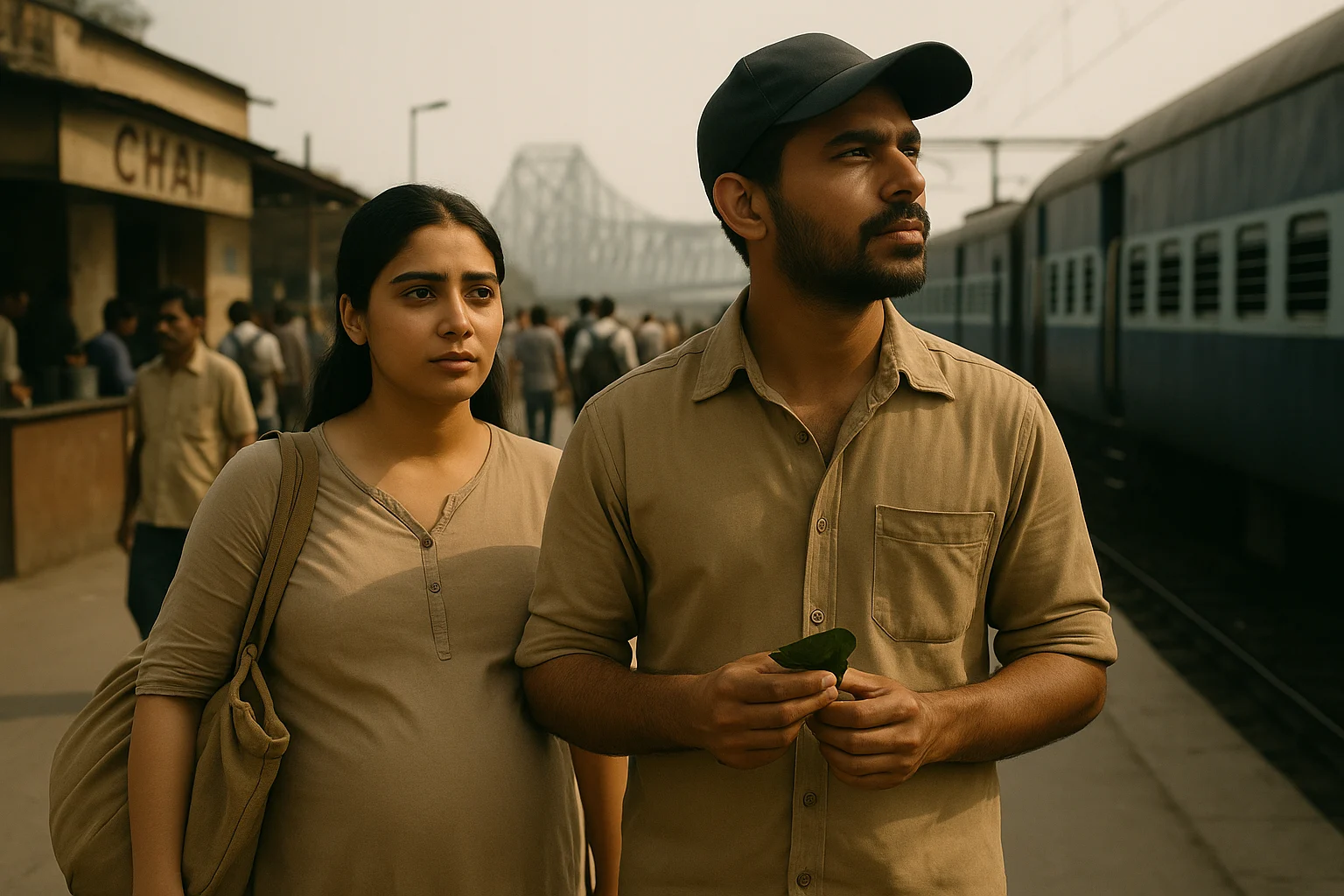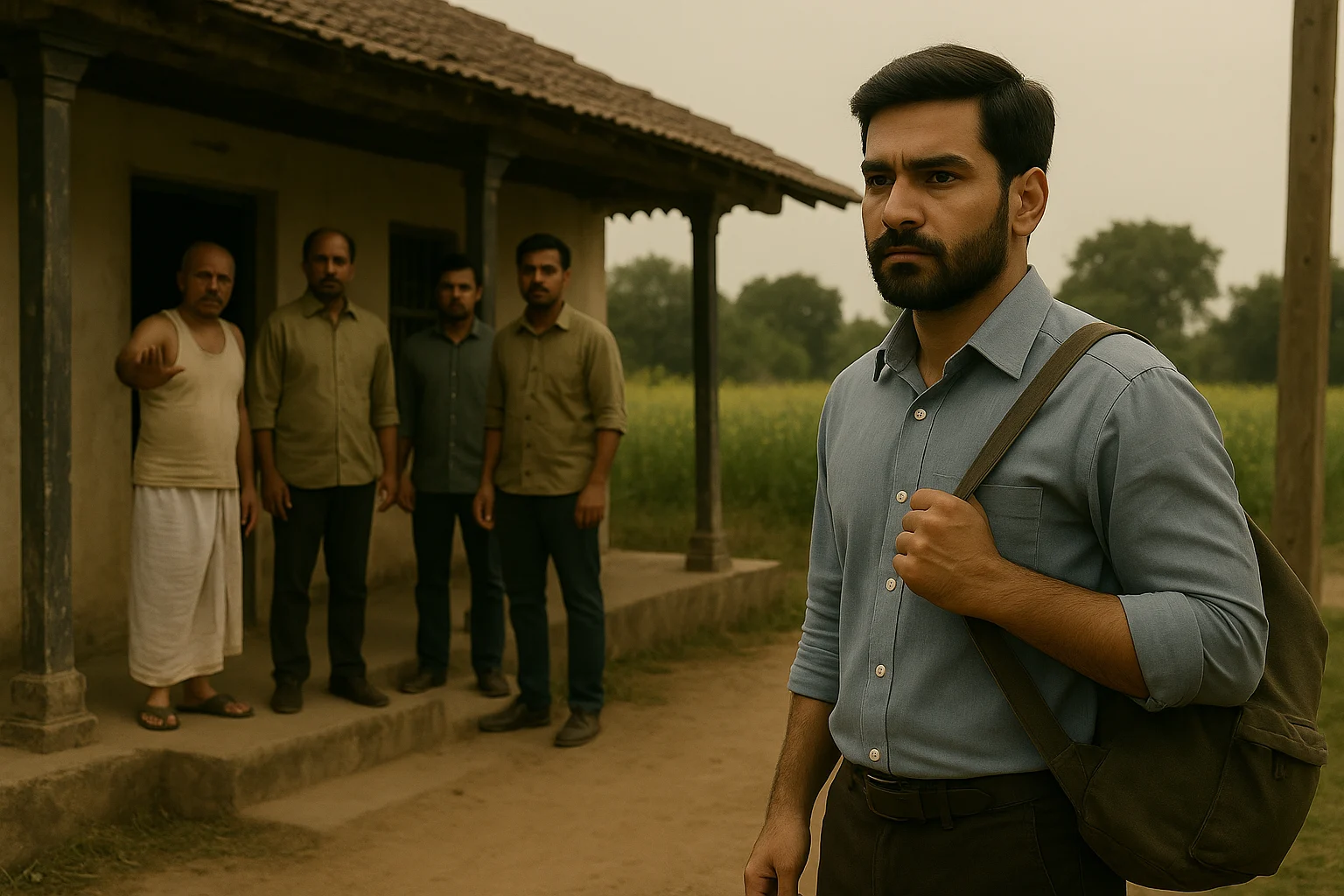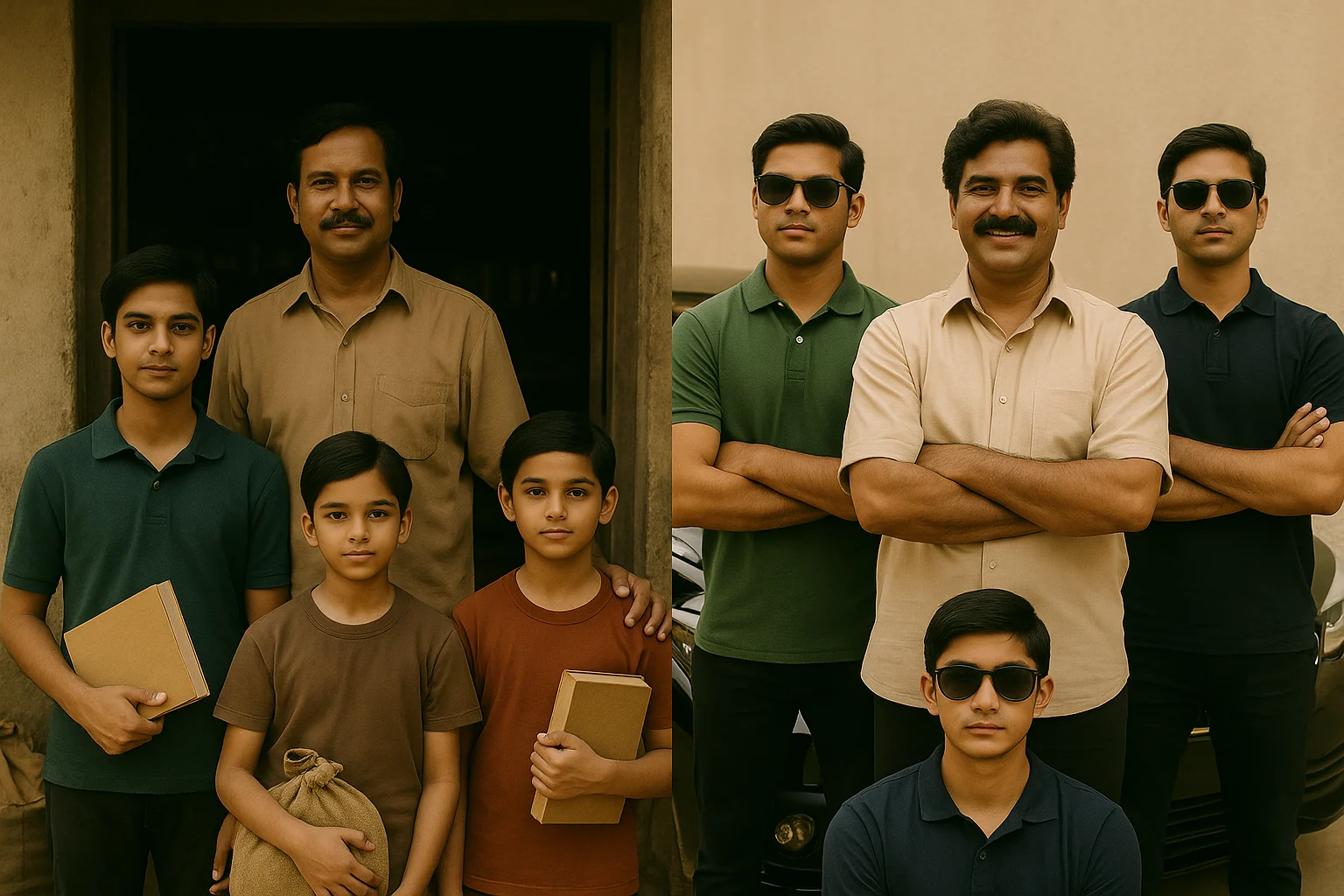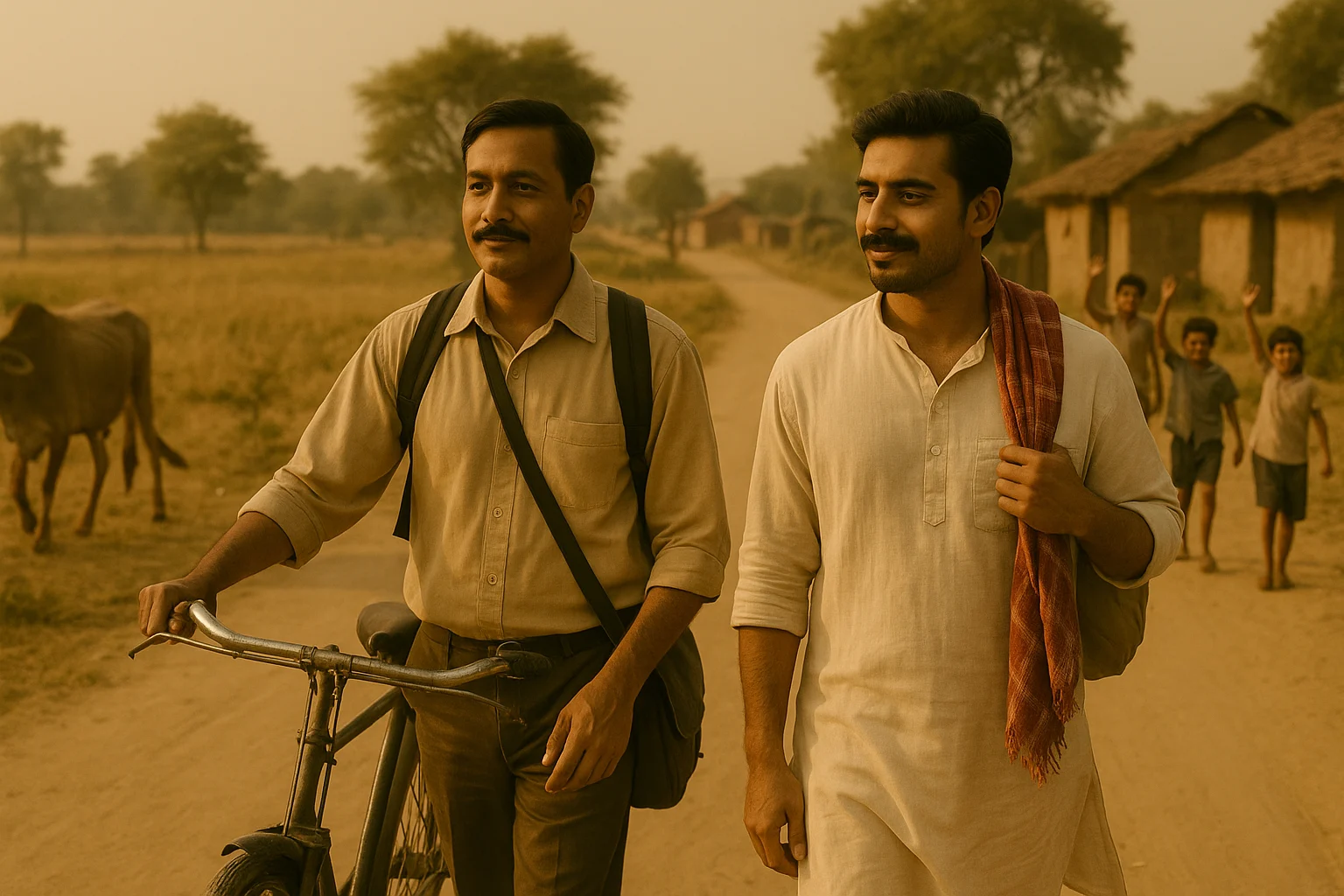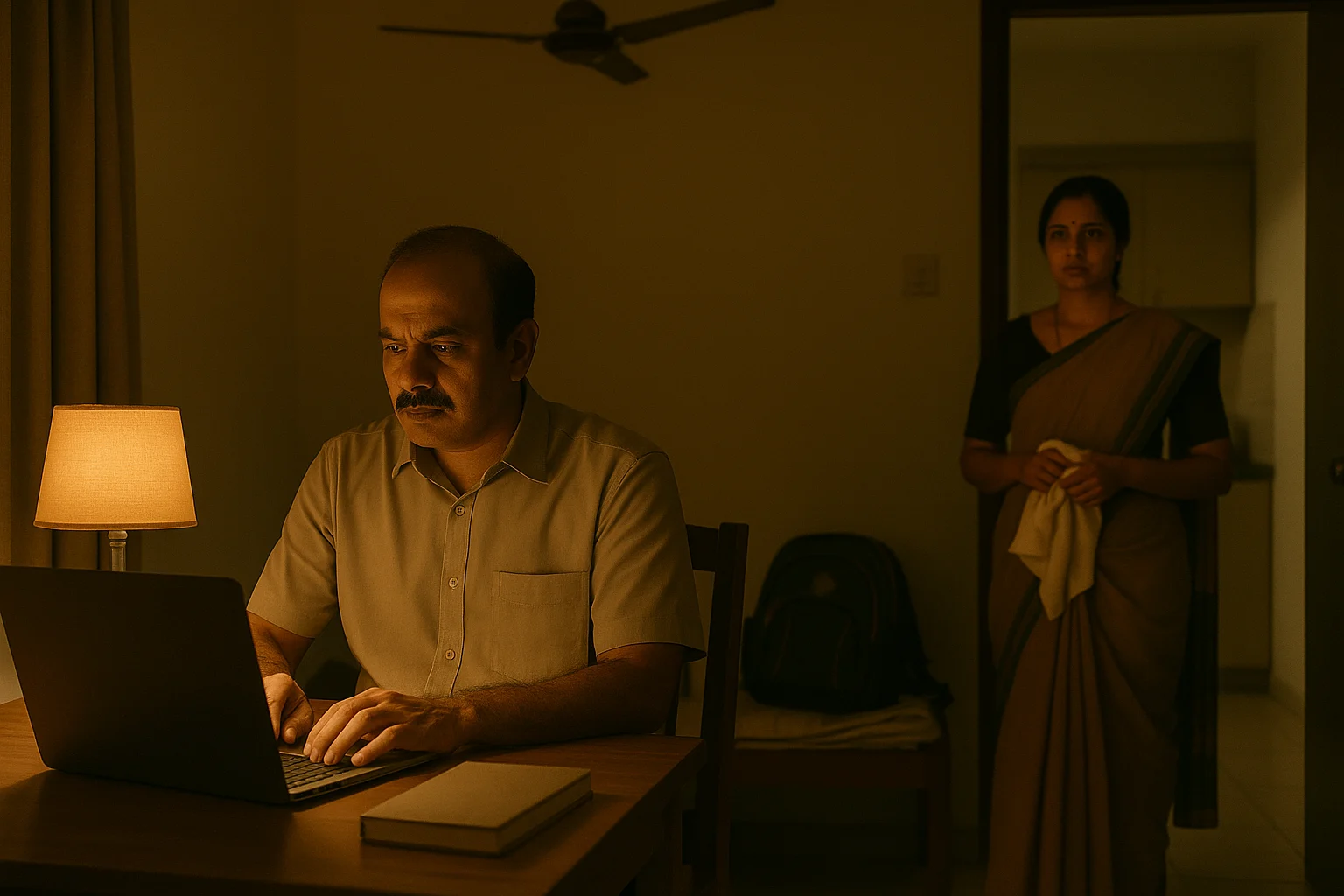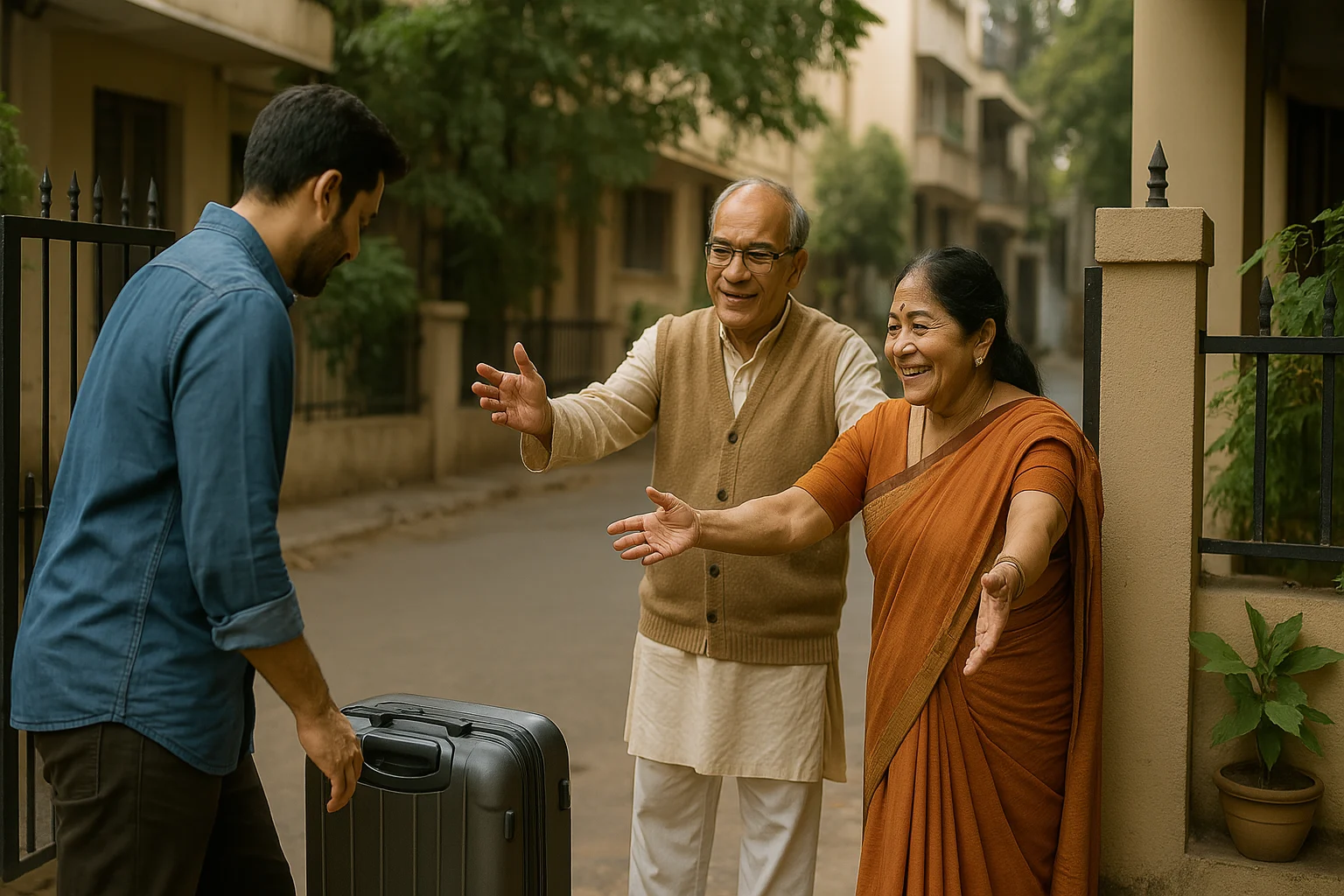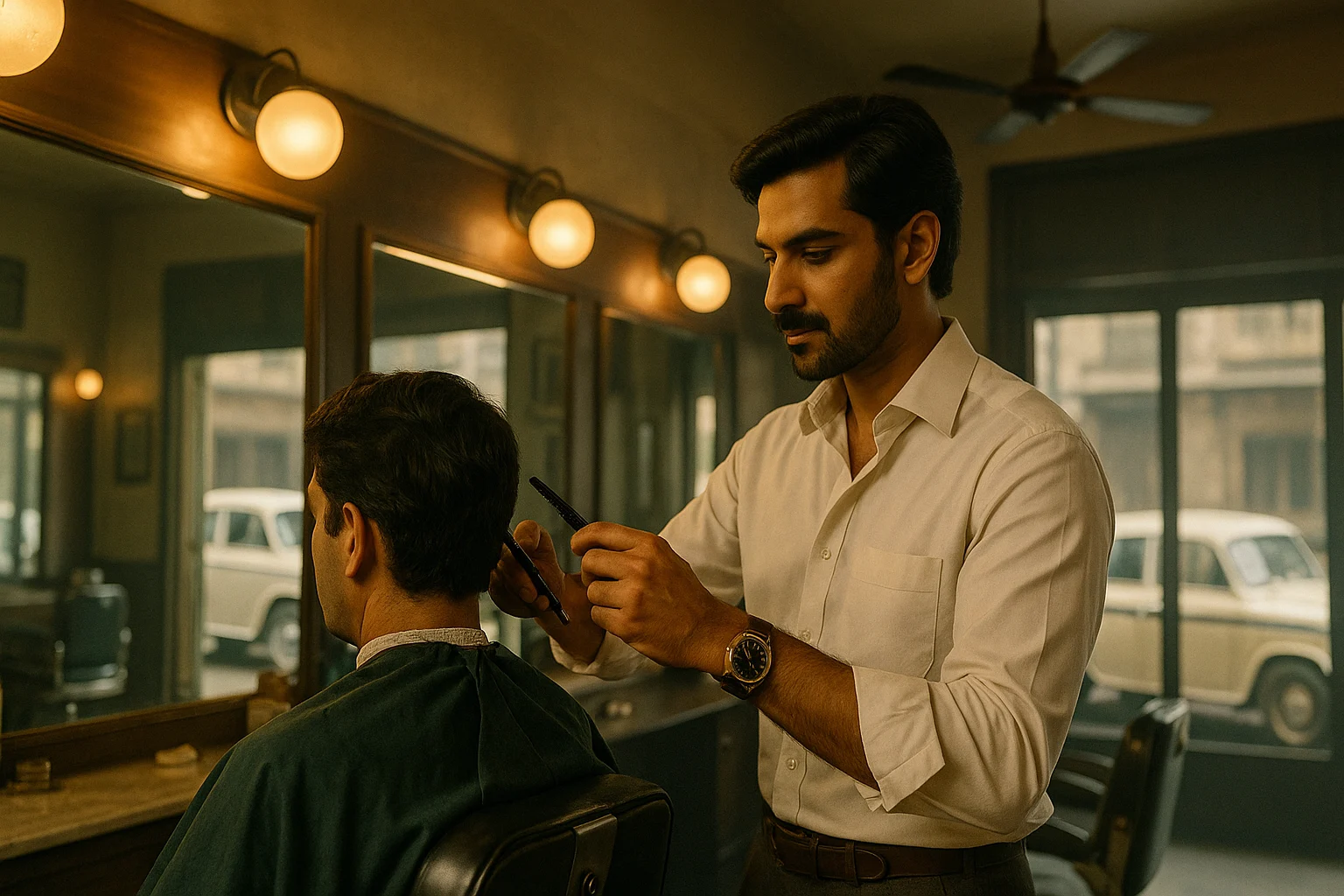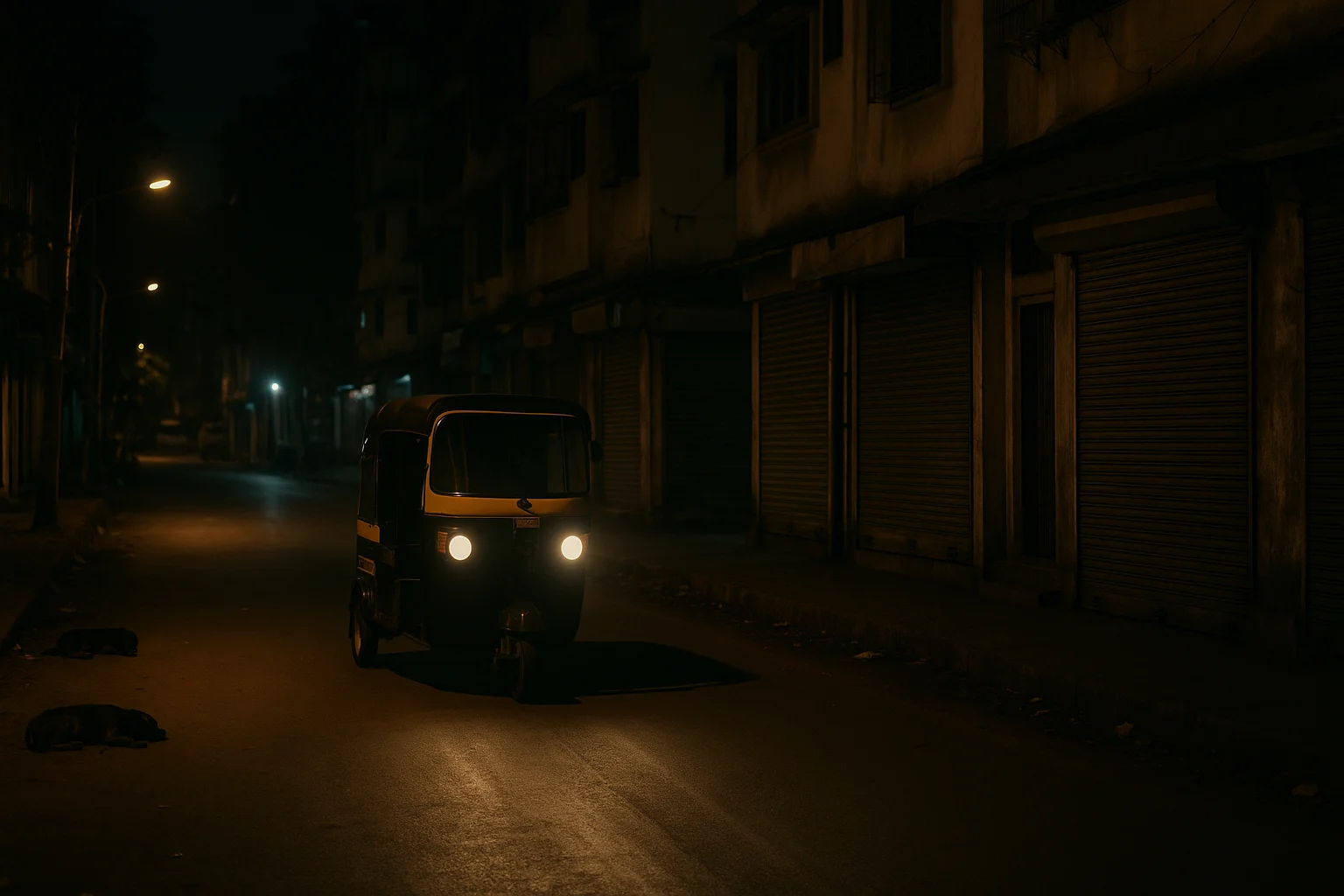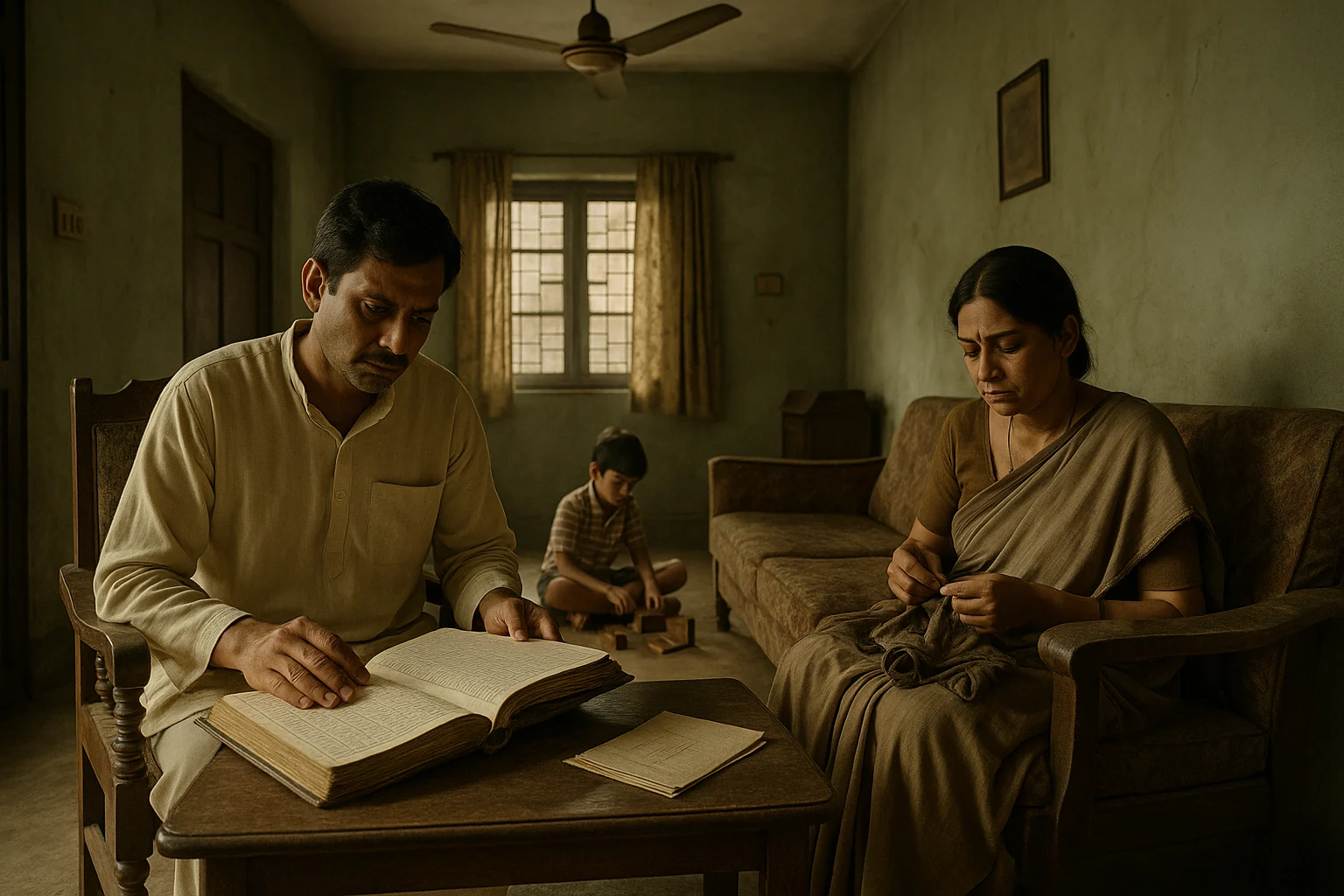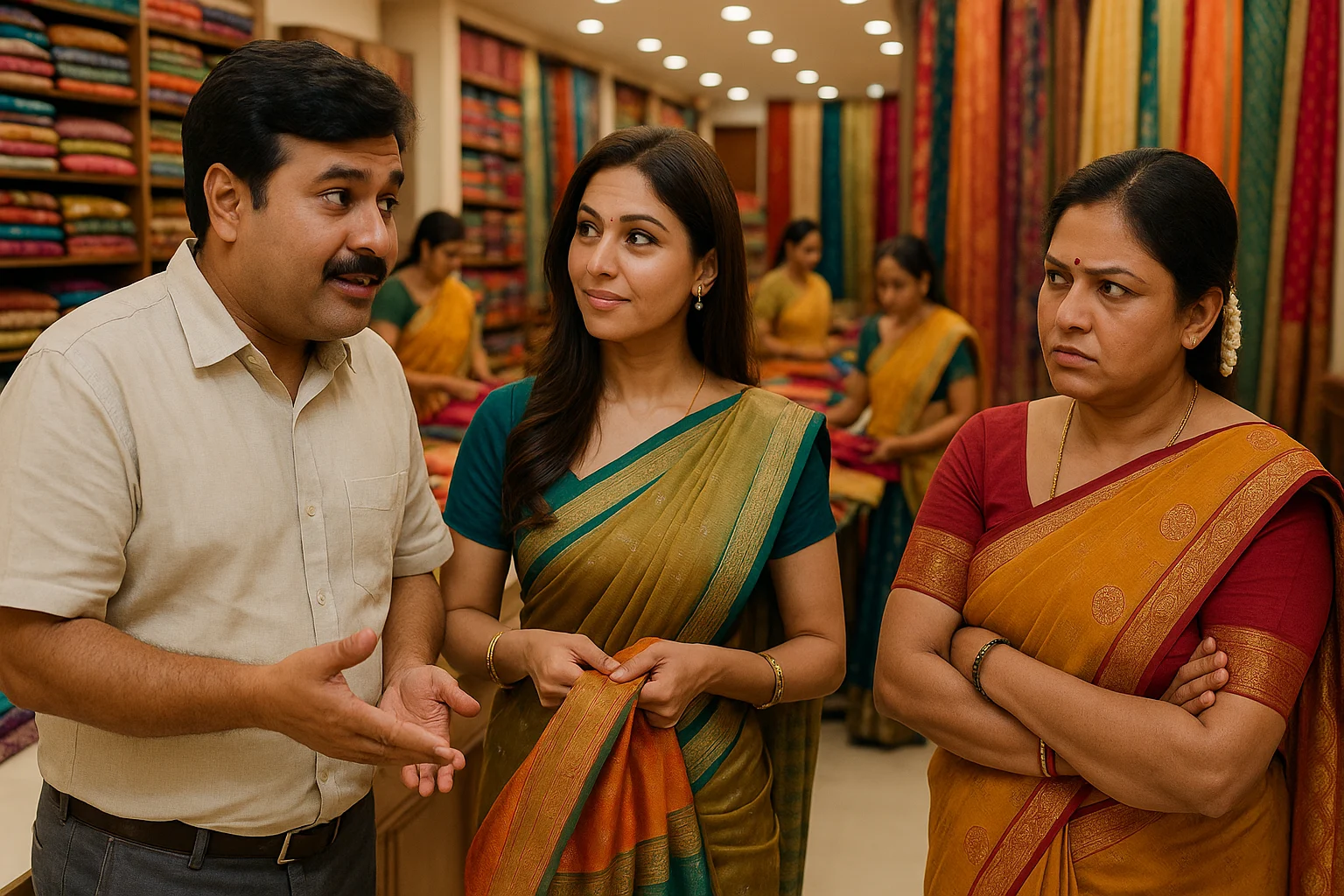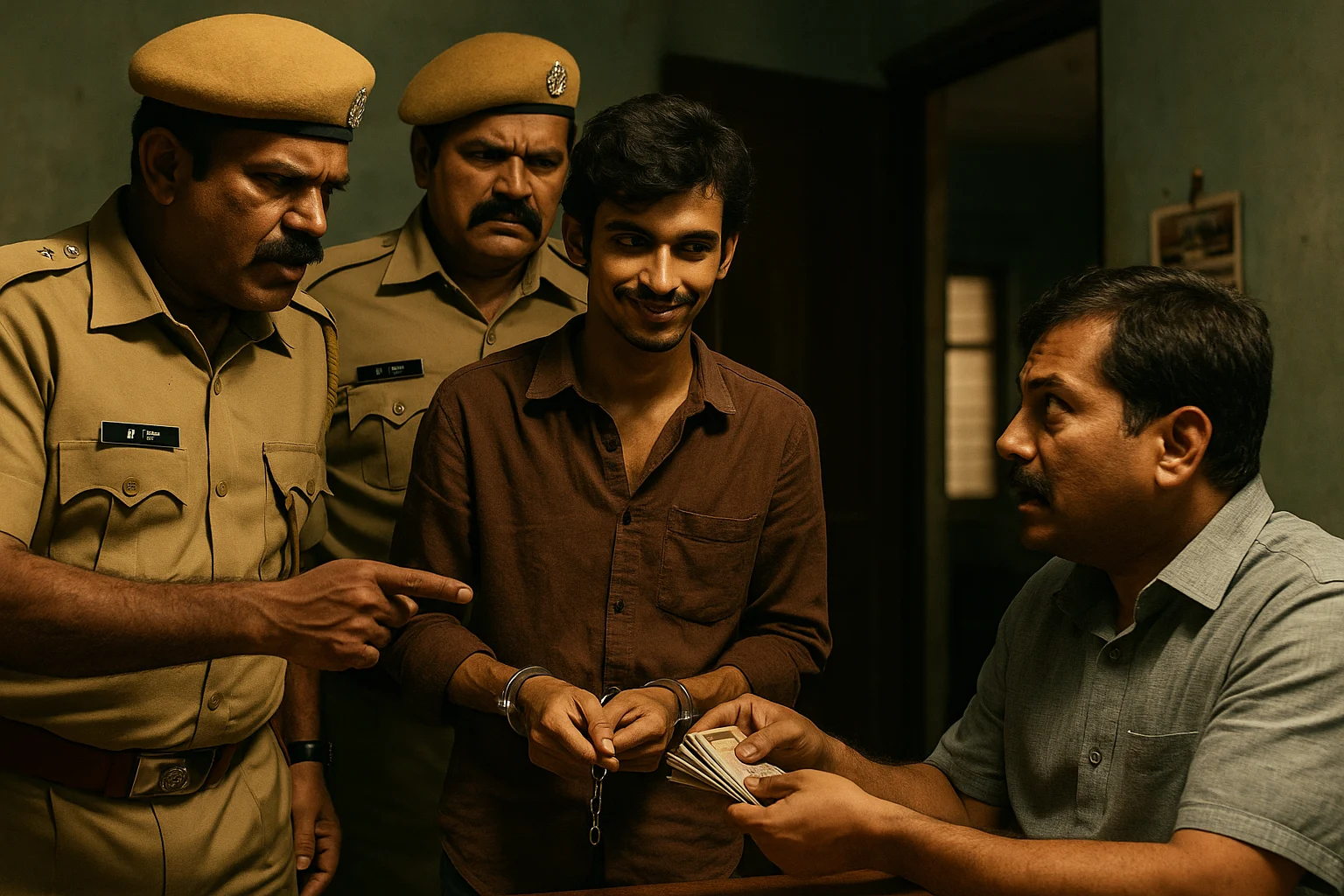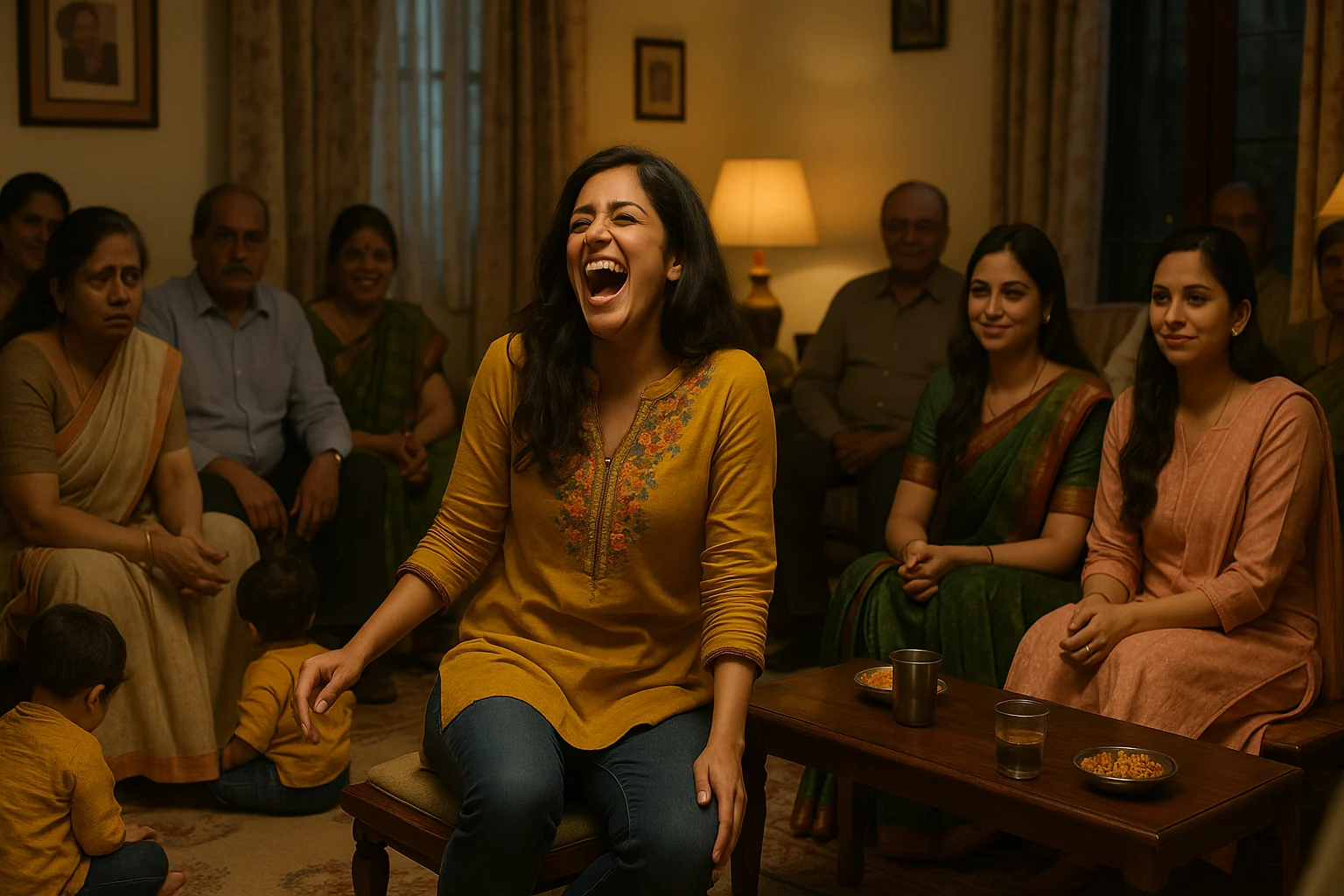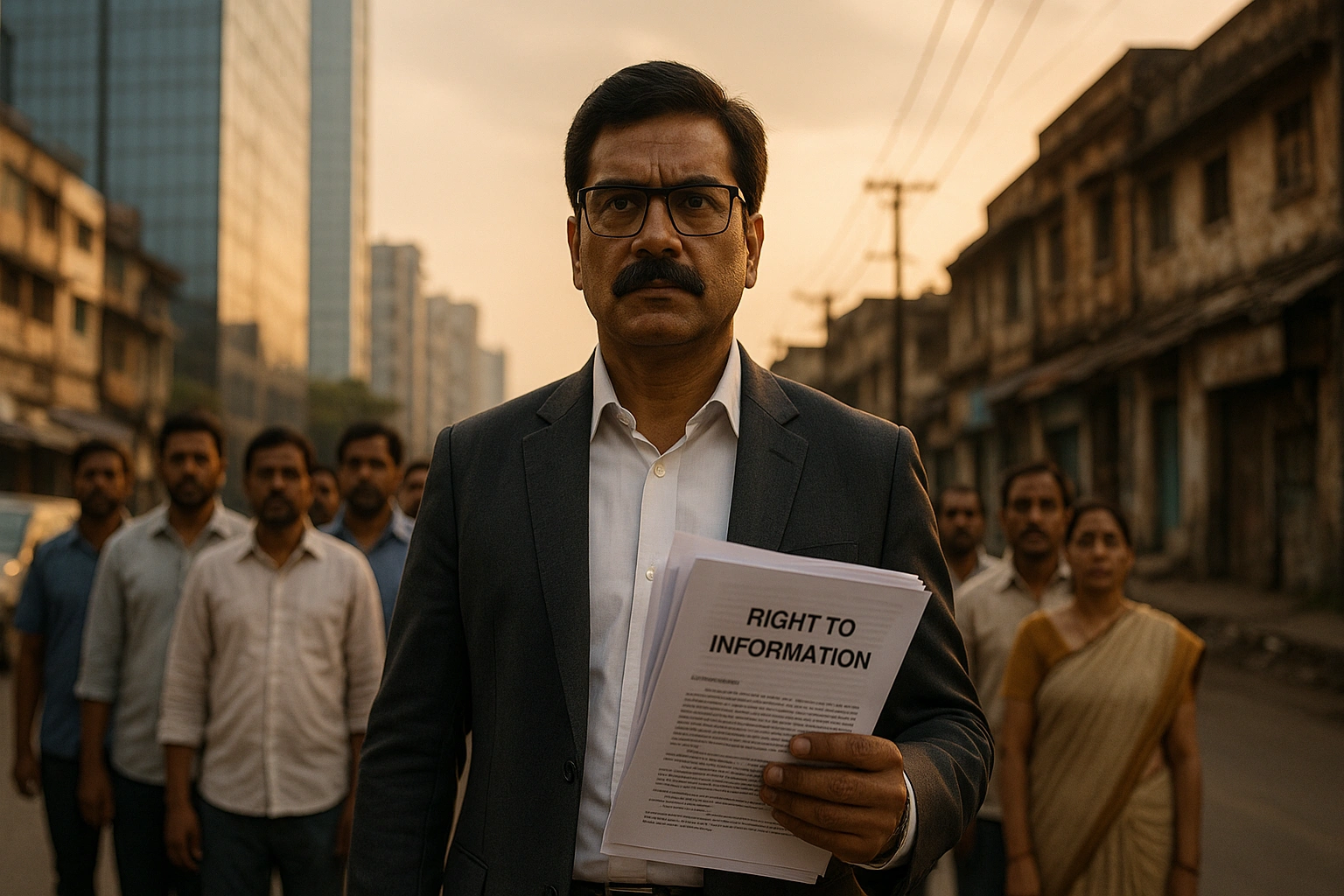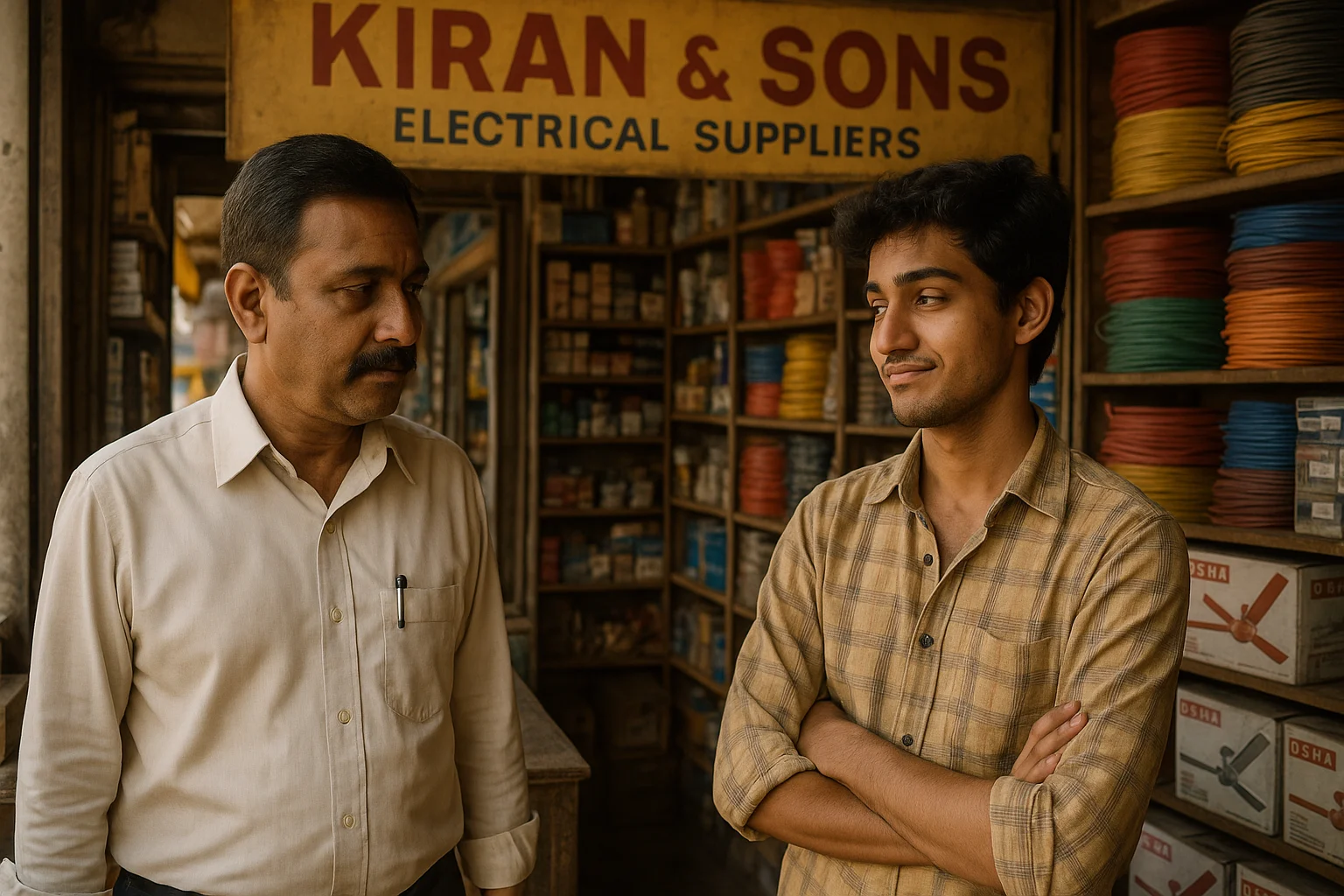In the bustling heart of Mumbai, hidden between chai stalls and cemented dreams, stood a pristine white building — Sanjivan Jyot Foundation. It promised hope, healing, and humanity. The sign outside read: “Hope is the best medicine.”
Inside? It was all medicine, no hope.
At the center of it stood Jatin, a smooth-talking, well-dressed man in his 40s, with a smile polished enough to charm gods and a heart corroded by greed. He co-founded the NGO with his childhood friend Mohan, who initially believed they were building something meaningful. They weren’t.
Jatin had cracked a formula. Find emotionally-driven, good-looking college girls from middle-class families who wanted to earn and serve. Train them in emotional pitches. Send them out to collect donations in malls, markets, trains, offices. And cash in.
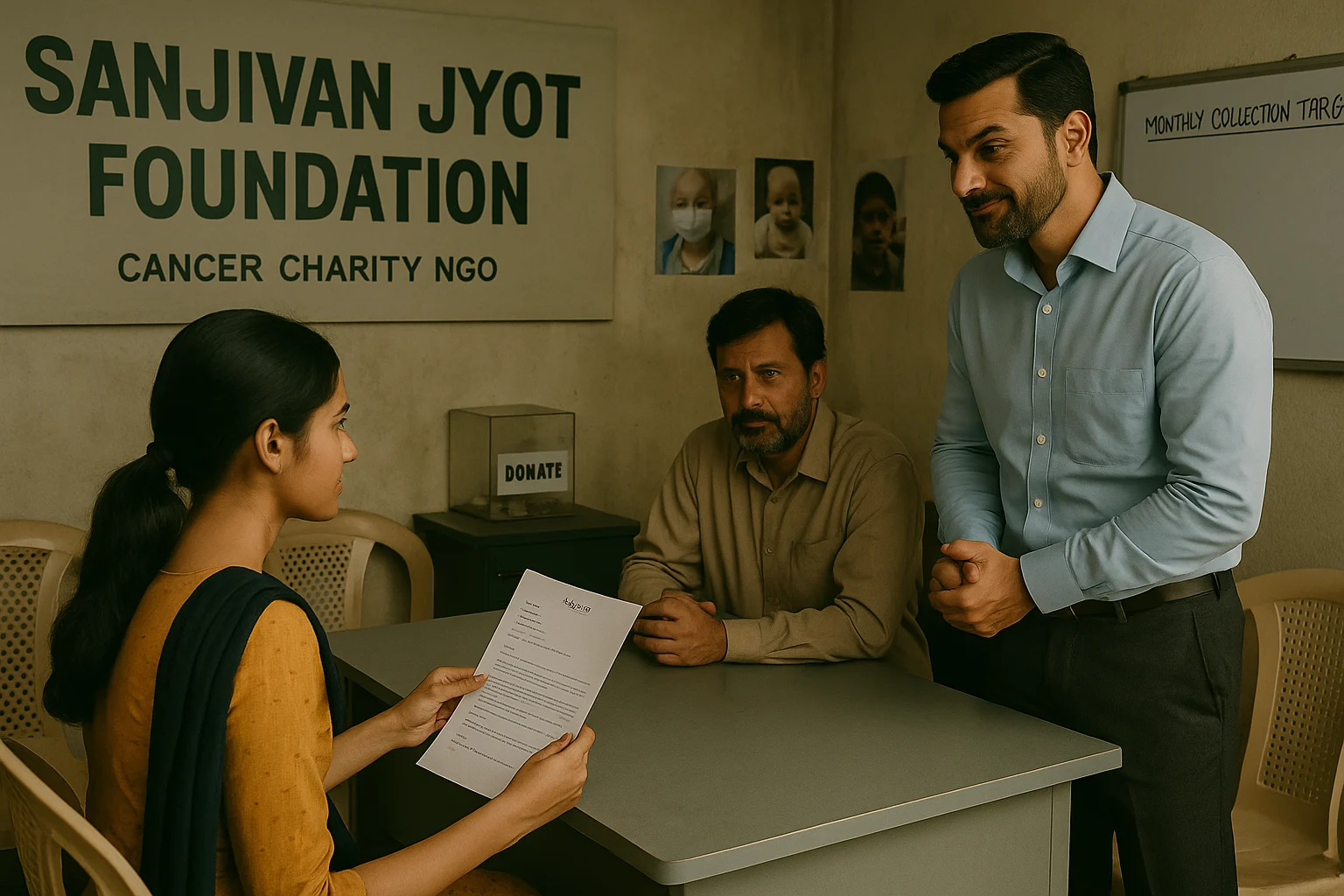 It worked. Too well.
It worked. Too well.
The money rolled in. Crores. People wrote cheques blindly. Old women gave pension savings. Shopkeepers paid in gratitude. College students gave their bus fare.
And not a rupee ever went to a real cancer patient.
The girls, unaware, believed in the cause. For a while.
“I just want to help someone survive,” said Shruti, a second-year psychology student, collecting donations at Churchgate station. It was her first week.
By her third week, she had quit in tears.
The cash was diverted. 70% to Jatin’s personal accounts — funding premium alcohol, 5-star staycations, expensive watches, and under-the-table deals with officials who asked too many questions. The other 30%? Mohan used it to manipulate the books and look NGO-legal.
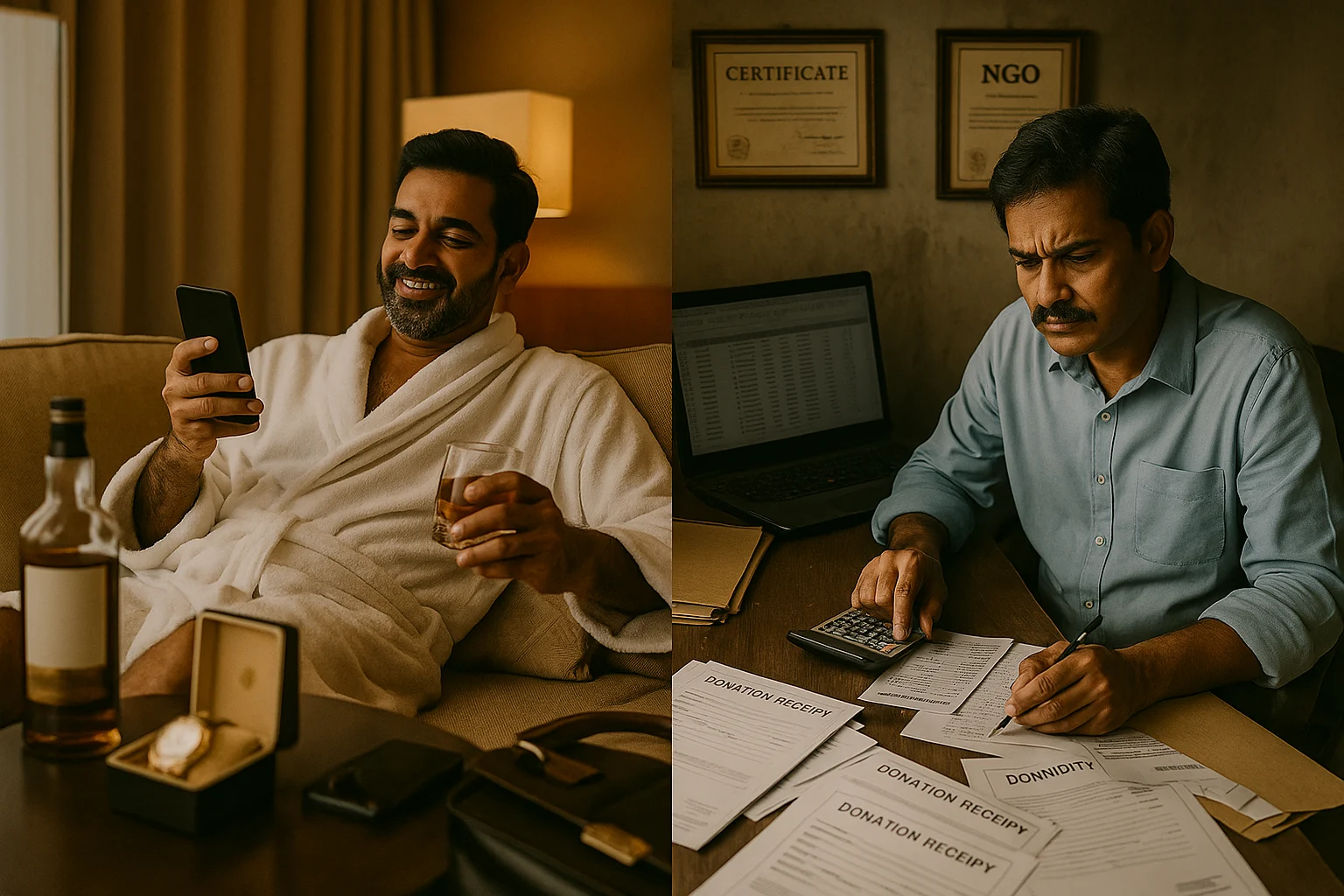
Jatin was living like a king — and acting like one. Until the queen left.
His wife, Suman, a woman with dignity sharper than his lawyers, discovered the truth. The fake audits, the affairs, the lies. One day, she opened the drawer to find bundles of unaccounted cash under a sticker that said “Chemo Kits.”
She didn’t scream.
She packed her bags, left the house, and took nothing — not even her gold bangles. “Our daughter deserves to grow up with values, not vanity,” she said.
Arohi, their only daughter, chose to stay — but not for him. She stayed for her school, her friends. She never spoke to him again. At 17, her silence was more scathing than a slap.
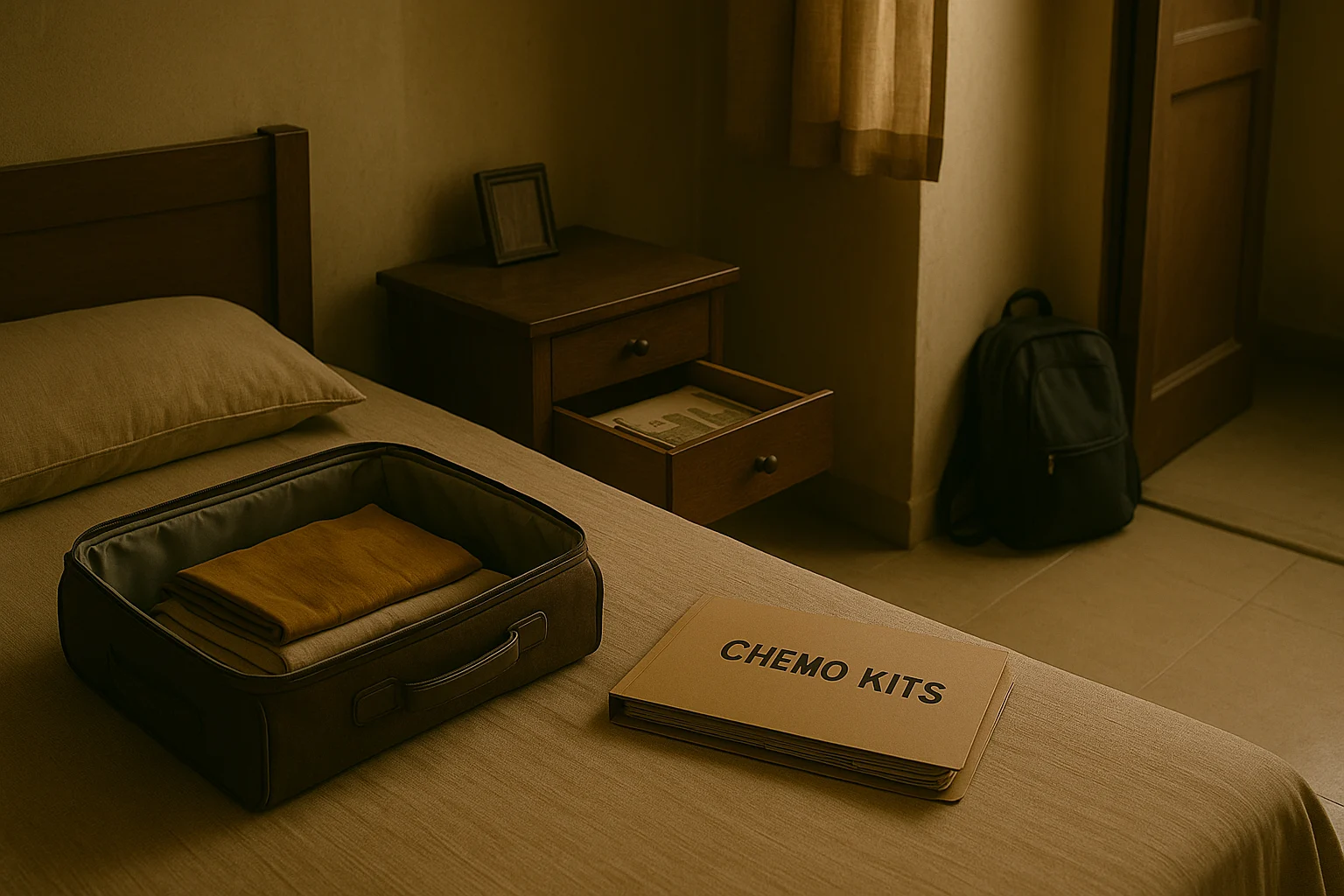 The NGO, however, kept running. With shiny banners, annual events, manipulated photos of “patients,” and new girls every month. A revolving door of youth and broken trust.
The NGO, however, kept running. With shiny banners, annual events, manipulated photos of “patients,” and new girls every month. A revolving door of youth and broken trust.
Until Sneha, a former volunteer-turned-journalist, blew the whistle.
She didn’t name Jatin — but showed enough hints in a viral video. The Sanjivan Jyot Foundation, logo flashed for two seconds. Enough to get tongues wagging and complaints lodged.
Jatin panicked. Called his political contacts. Bribed a few, threatened others. Like always, the fire dimmed.
Strangely, the exposure brought more donations. Some sympathized. Some forgot. And some just wanted a receipt for tax purposes.
And so, Sanjivan Jyot Foundation thrived, like a parasite in a city that had grown numb to truth.
But karma doesn’t check Google rankings.
One summer afternoon, Jatin collapsed in the elevator of his high-rise. The watchman found him vomiting blood. Tests followed. Reports came back.
Stage III colon cancer.
 He laughed when he heard it — the kind of laugh that sounds more like choking. It was cruel. And poetic.
He laughed when he heard it — the kind of laugh that sounds more like choking. It was cruel. And poetic.
He had made millions off a disease he didn’t have.
Now he had it.
He called Mohan.
“You believe in God now?” Mohan asked.
“I believe in irony,” Jatin whispered.
Mohan didn’t visit.
He called Suman. She didn’t answer.
He called Arohi. Her reply came hours later — a single message:
“Now you’ll know what it means to need help and have no one.”
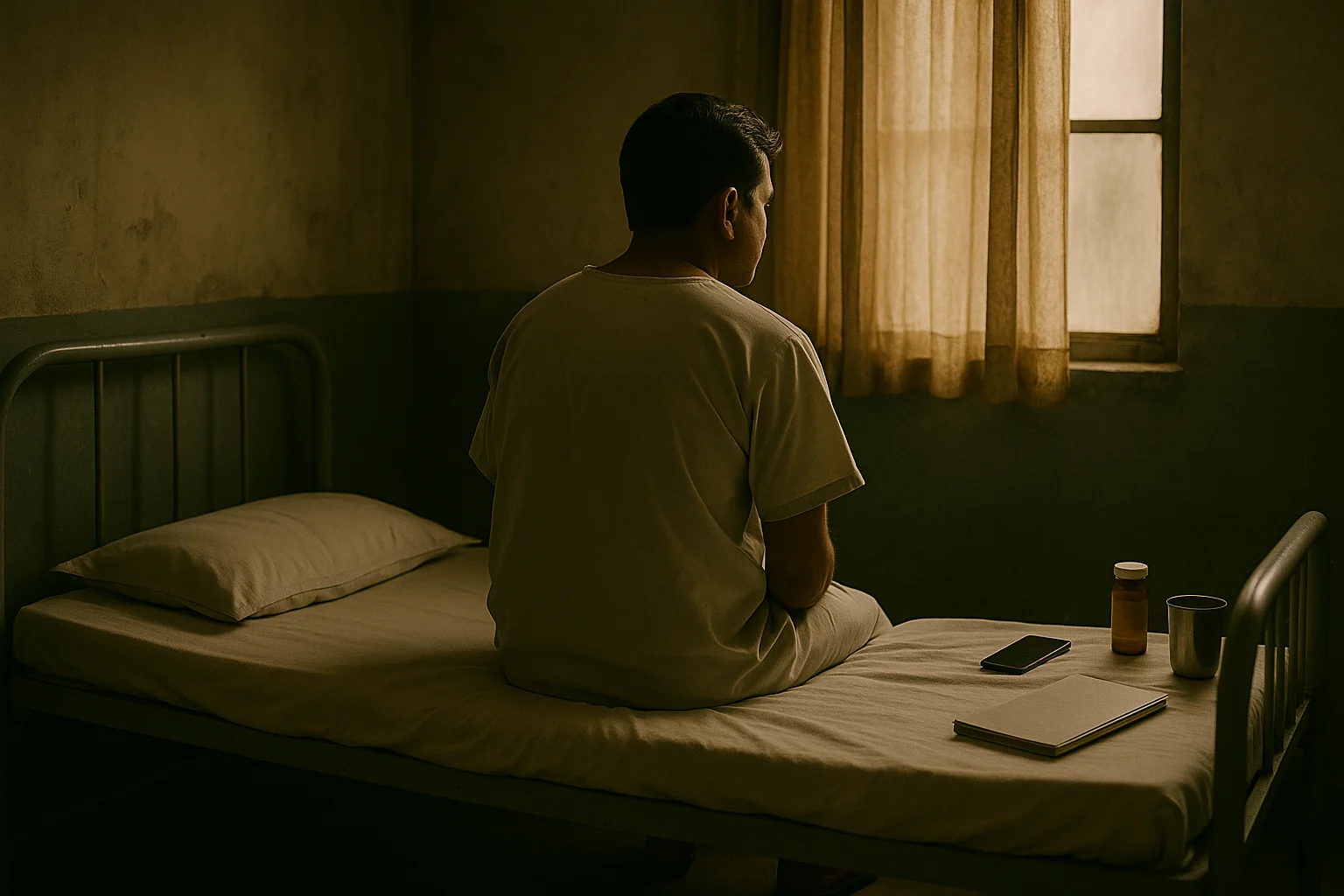 Jatin, the man who boasted a fleet of luxury cars, now lay in a government hospital bed — not because he couldn’t afford better, but because no hospital would let him in under “Sanjivan Jyot” founder. The name was tainted.
Jatin, the man who boasted a fleet of luxury cars, now lay in a government hospital bed — not because he couldn’t afford better, but because no hospital would let him in under “Sanjivan Jyot” founder. The name was tainted.
He tried reaching out to the NGO’s new recruits. They looked away. Word had spread.
“You’re the guy who faked cancer stories, right?” one intern asked, not even lowering her voice.
The bedsheet felt heavier than lead. Loneliness does that.
The NGO he built still ran — in fact, it had expanded to Pune and Surat. New faces ran it. Same lies, better graphics. But Jatin was no longer needed. He wasn’t even mentioned. He had become a relic — a ghost in the foundation’s lobby.
He once had the world fooled.
Now he couldn’t even convince a ward boy to bring him water.
One day, he received a card — unsigned, written in elegant blue ink.
“When you rob others of hope, life robs you of dignity. Heal, if you still can.”
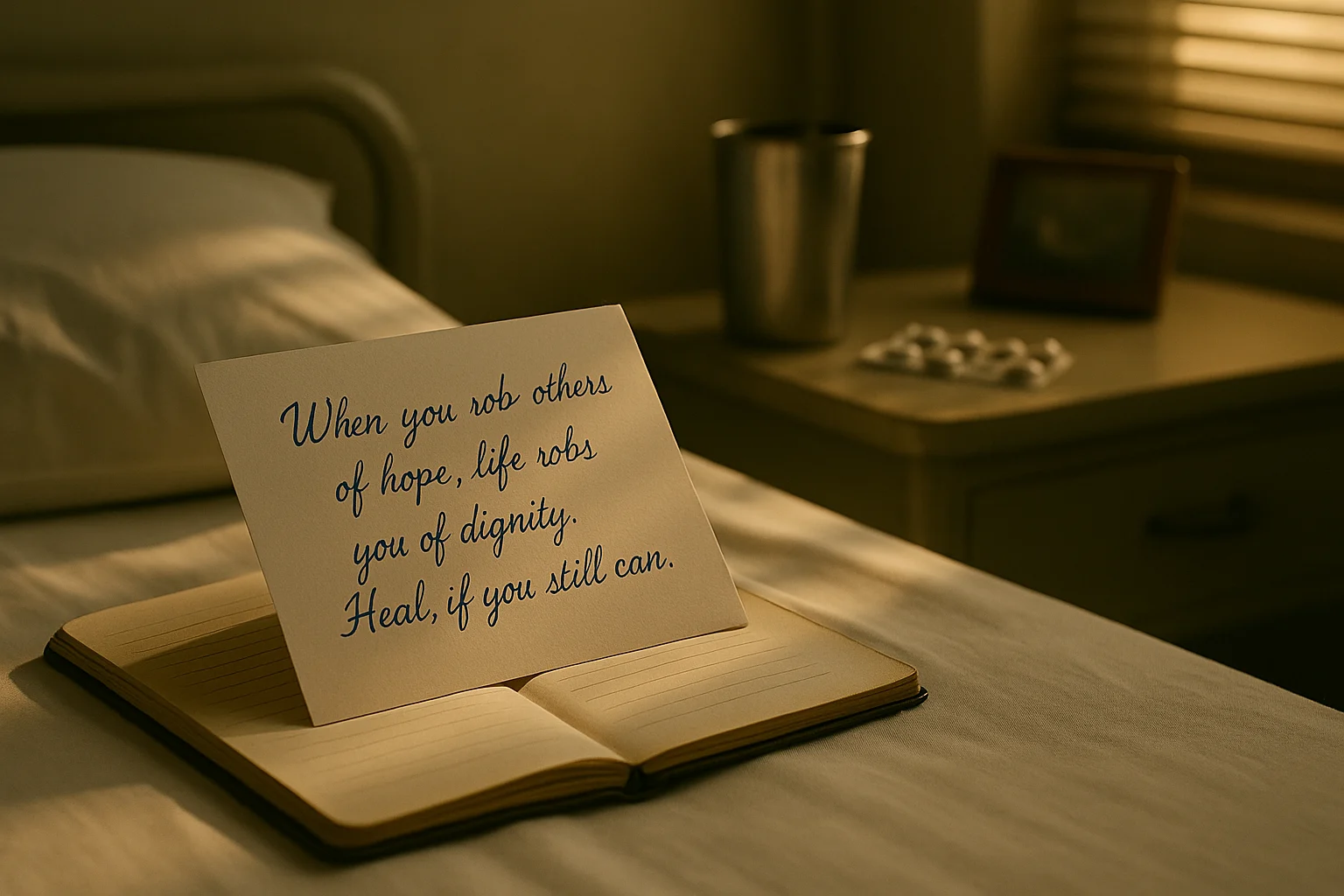
Jatin folded the card. Tears fell, but not from pain.
He finally understood, that it was from Suman.
Receive Stories and Articles in your Inbox!
We won’t send any promotional or spam emails.
